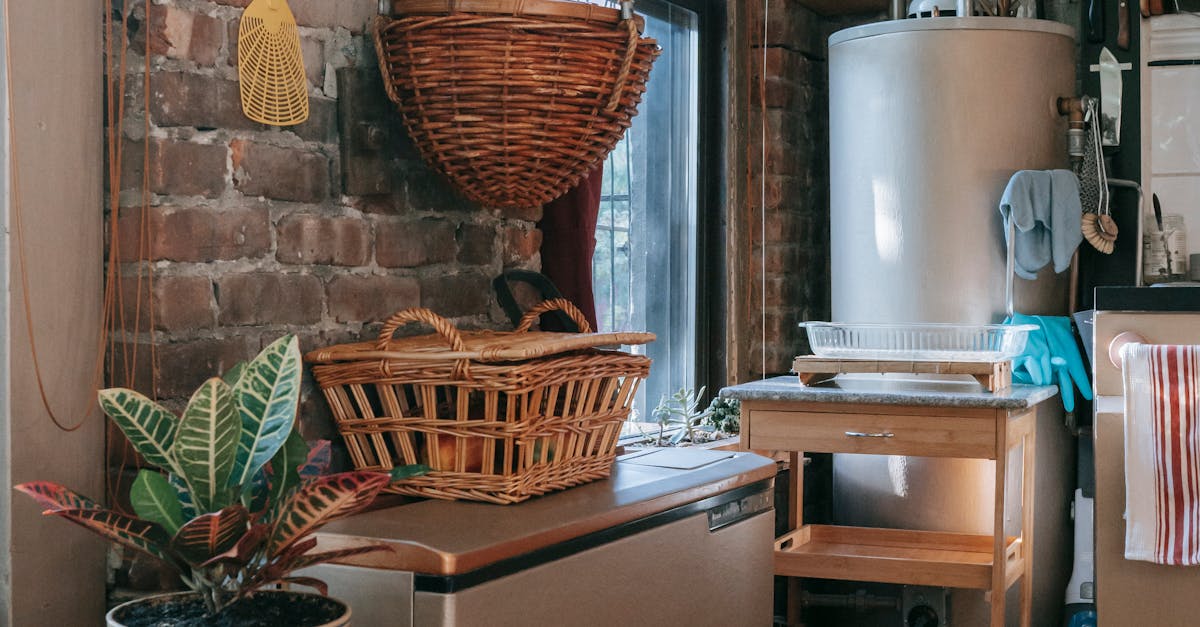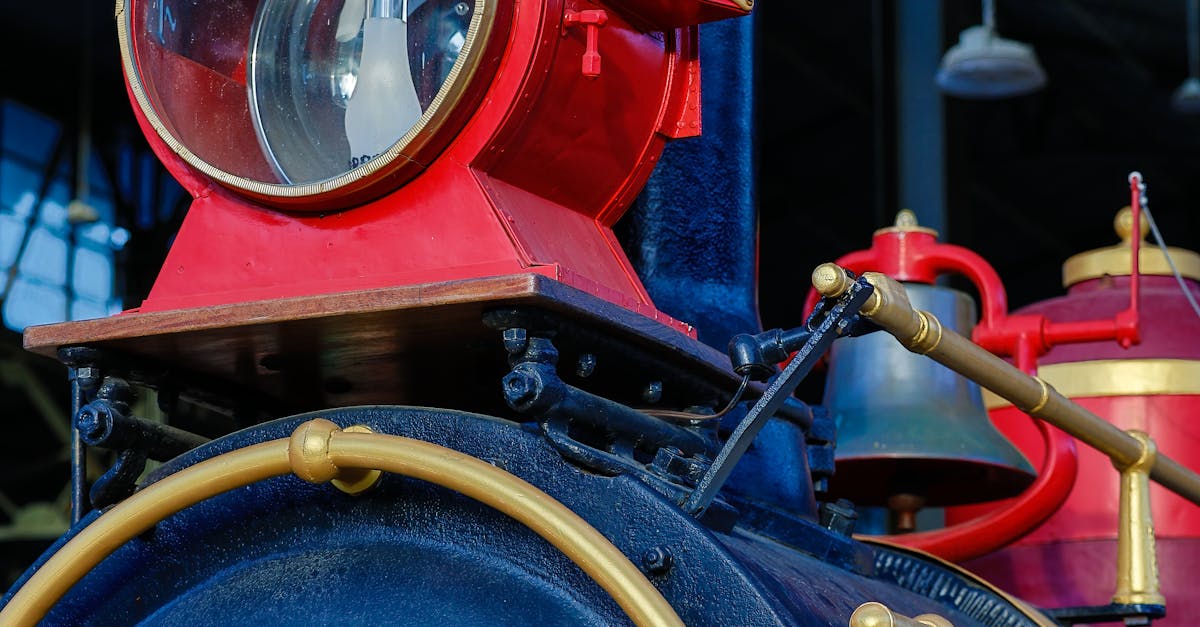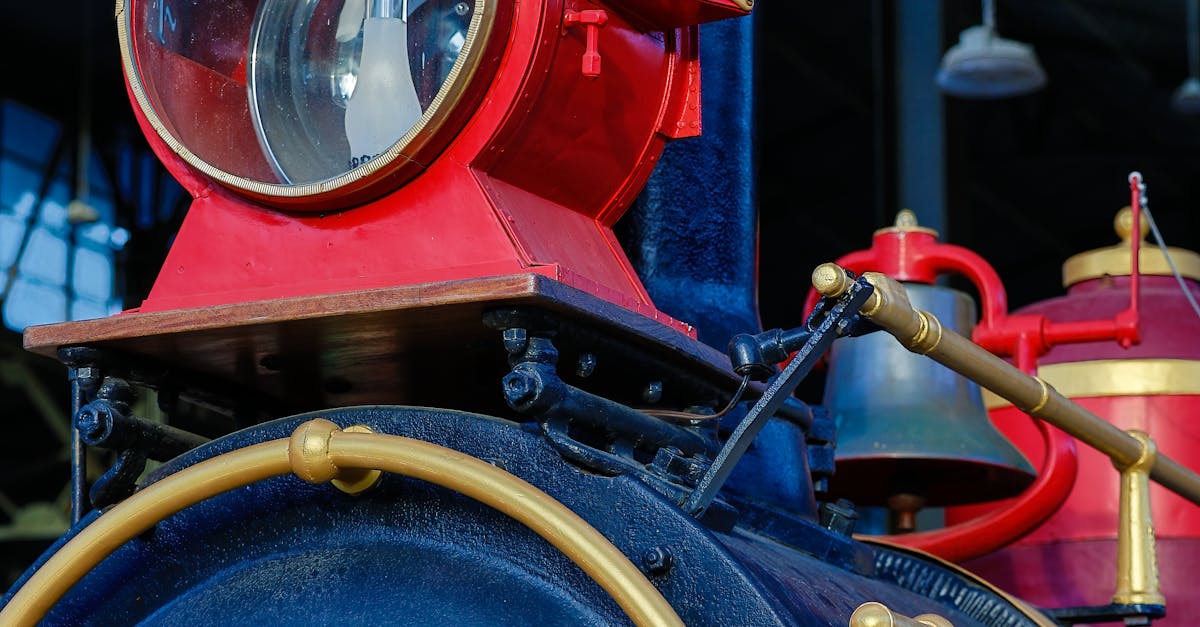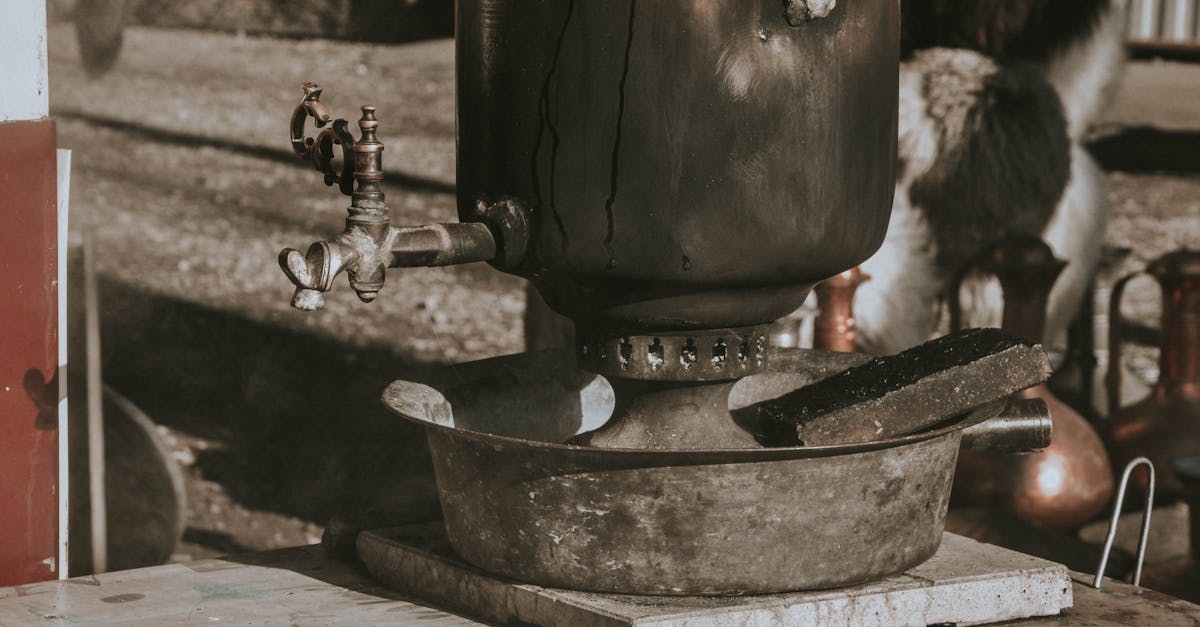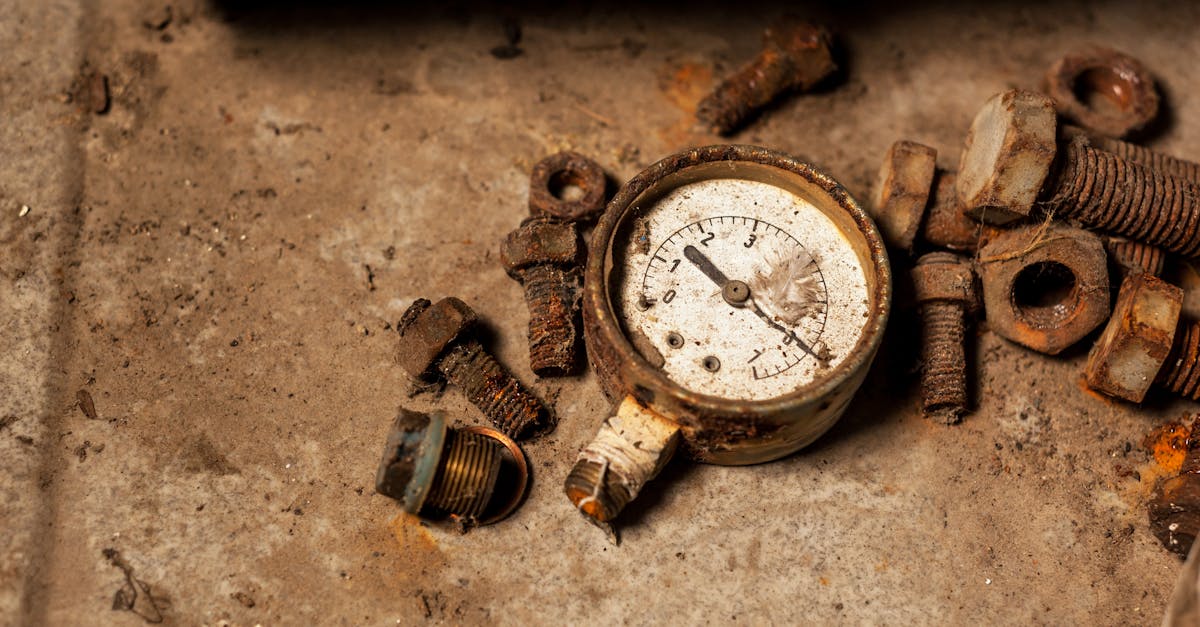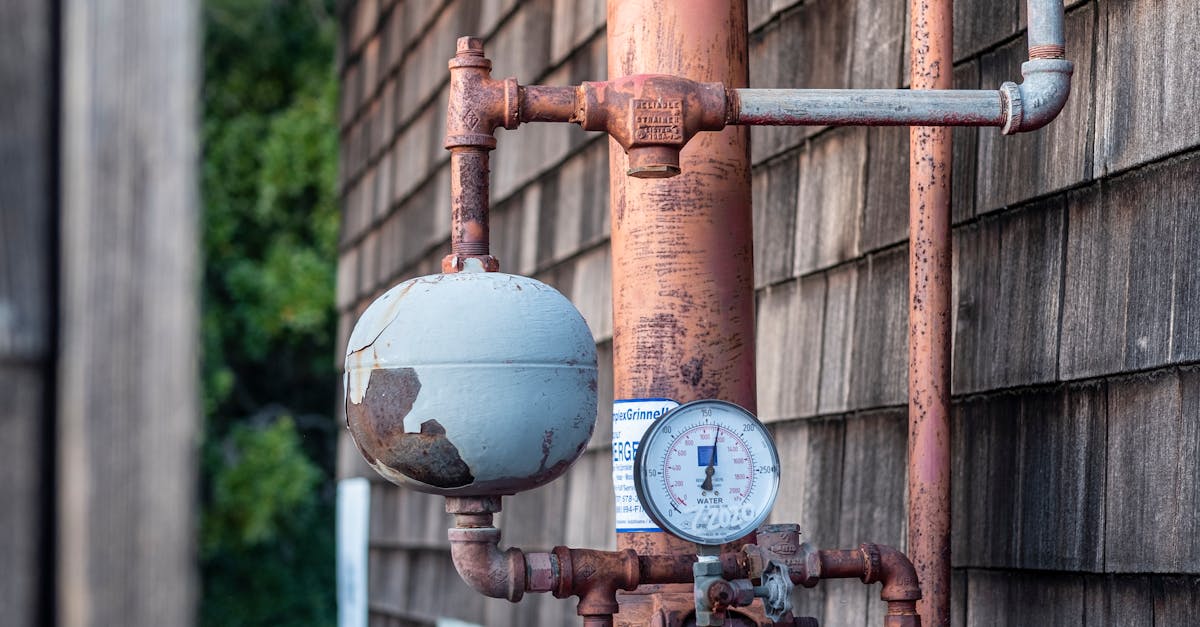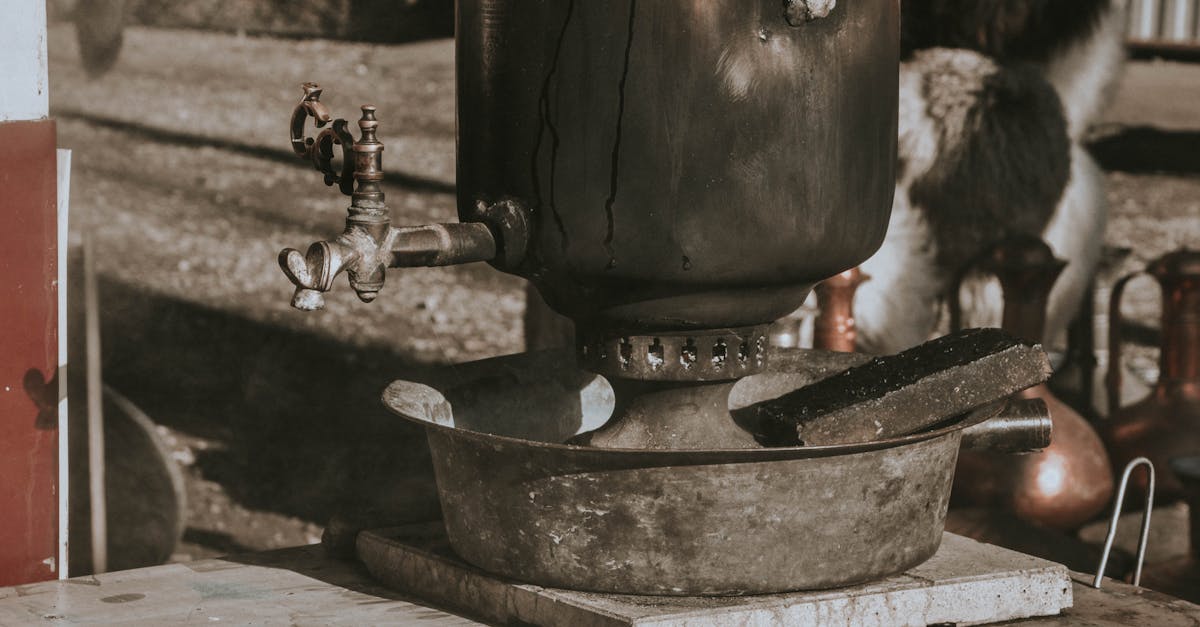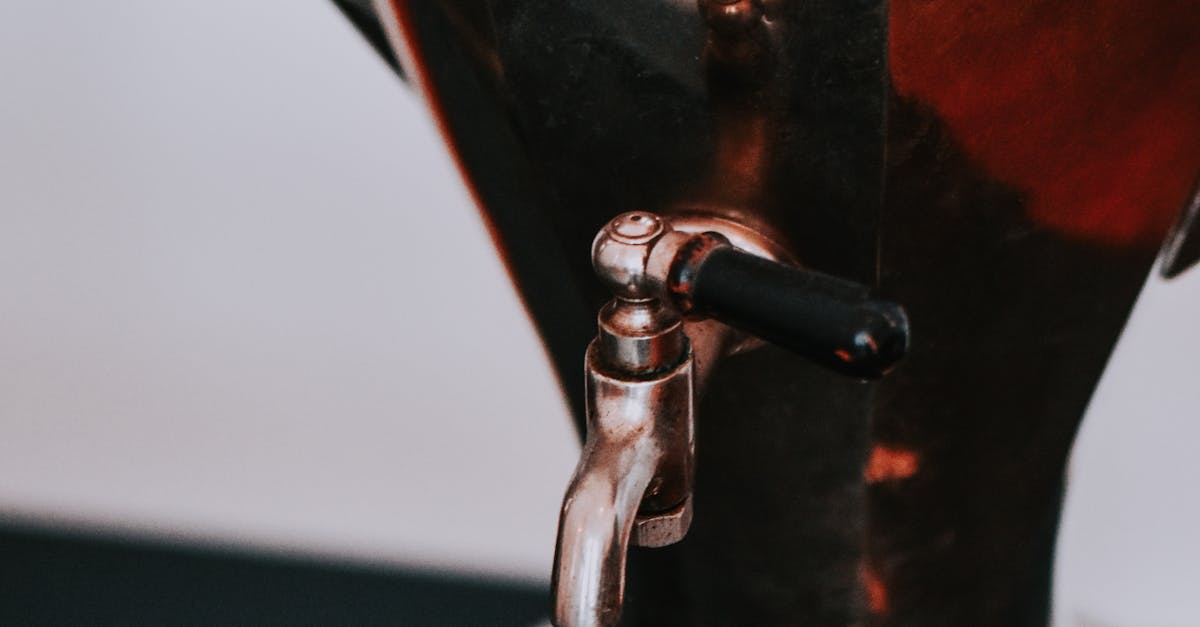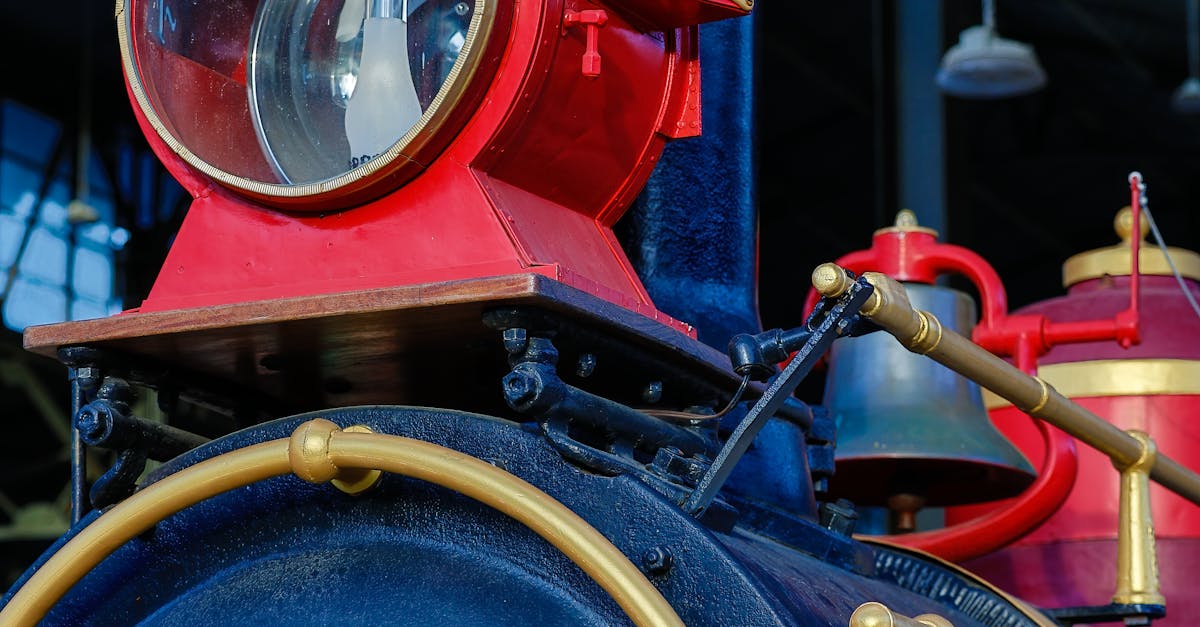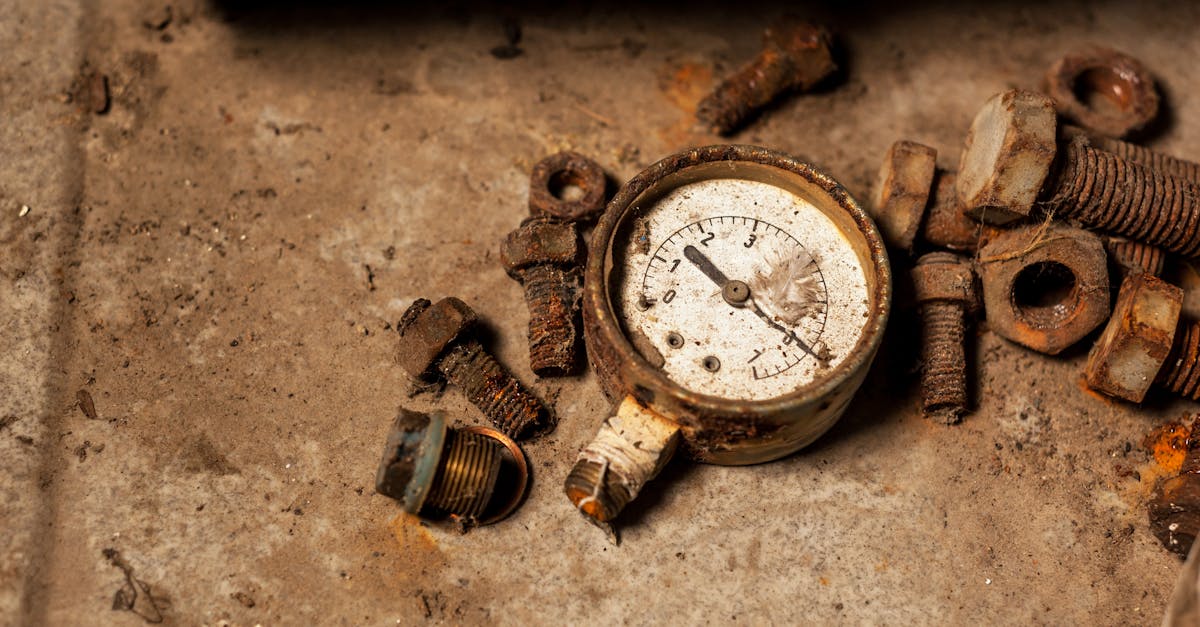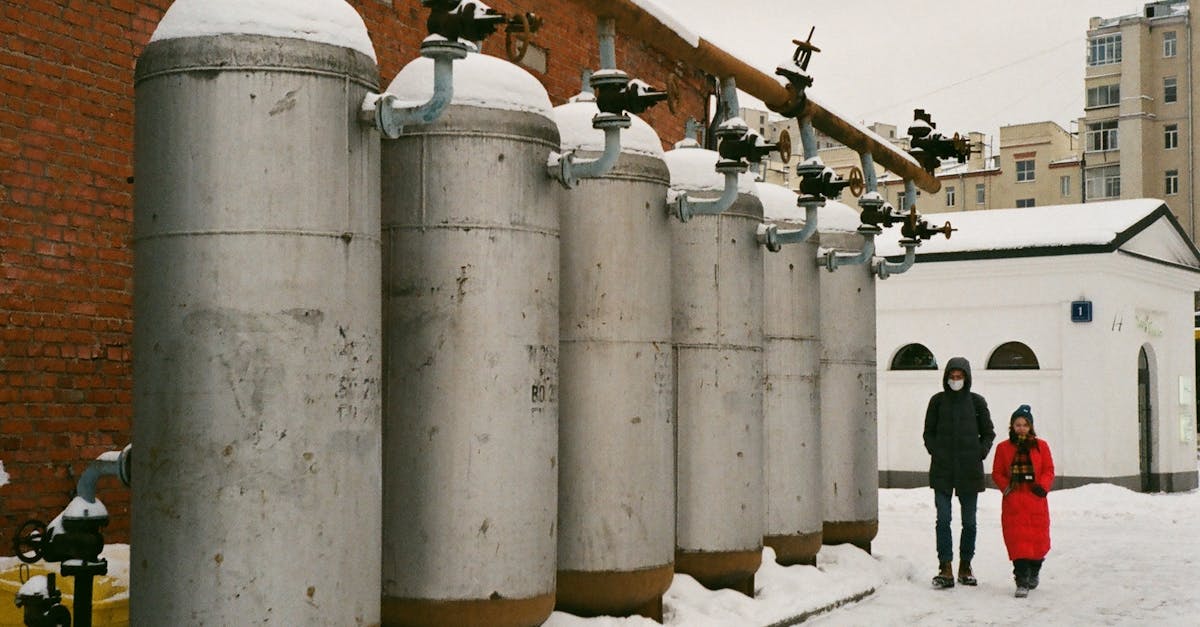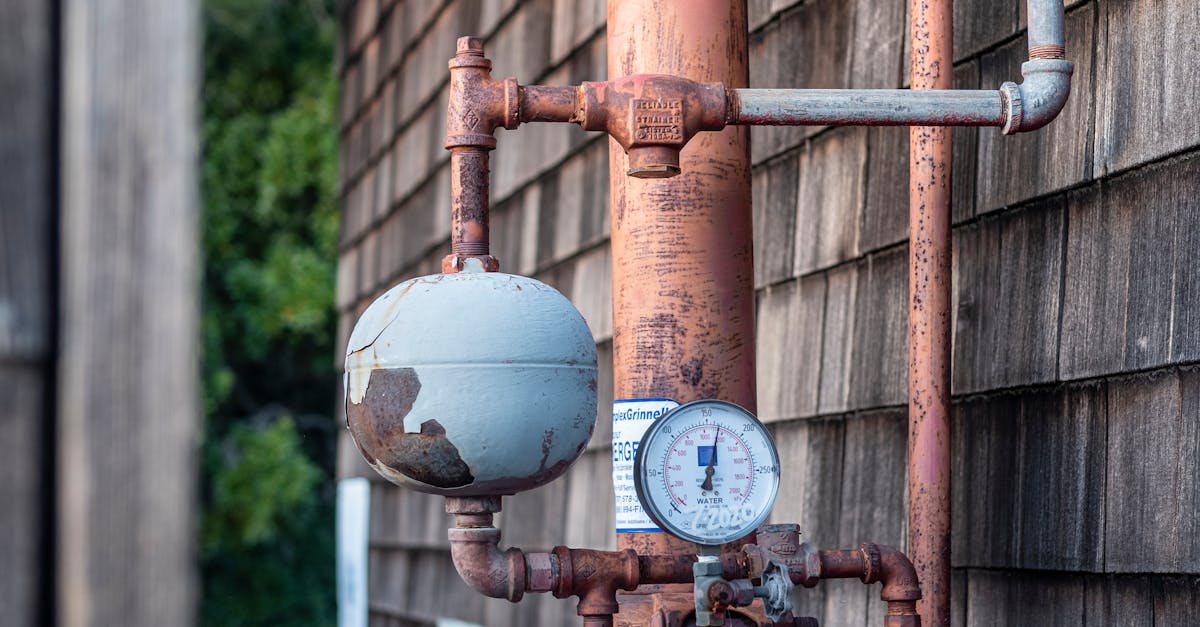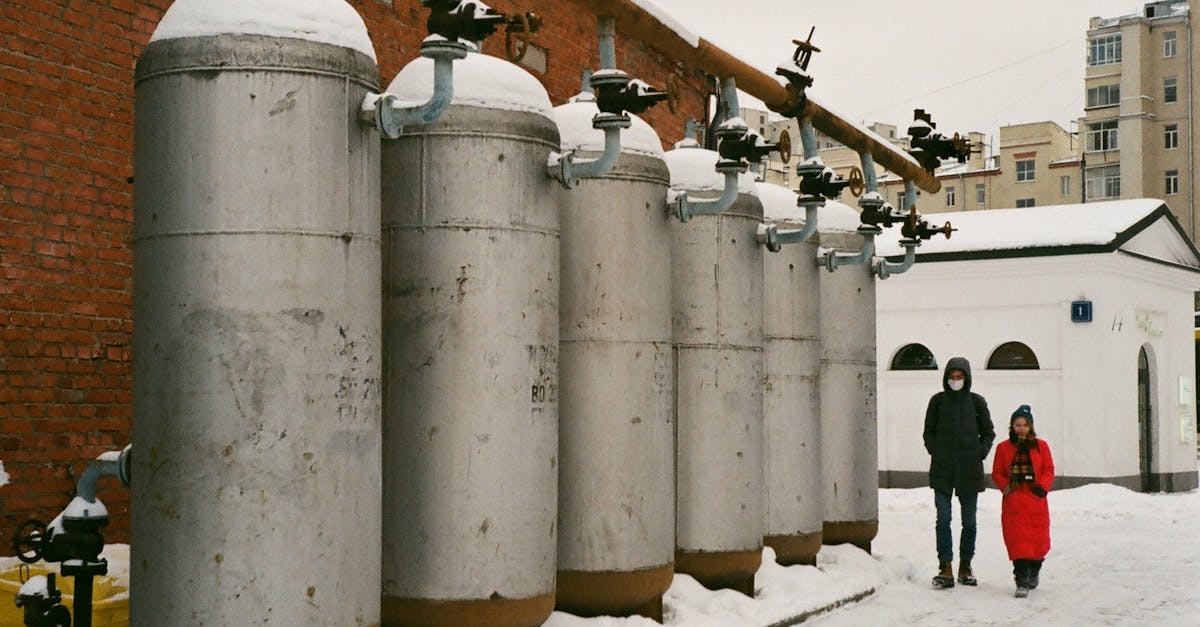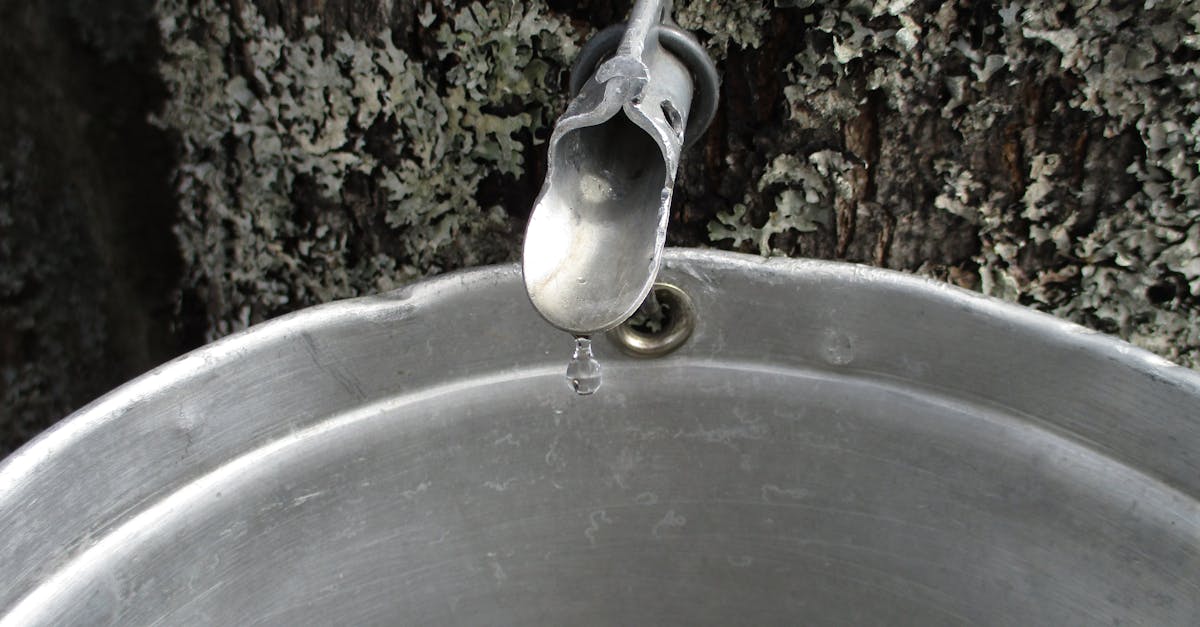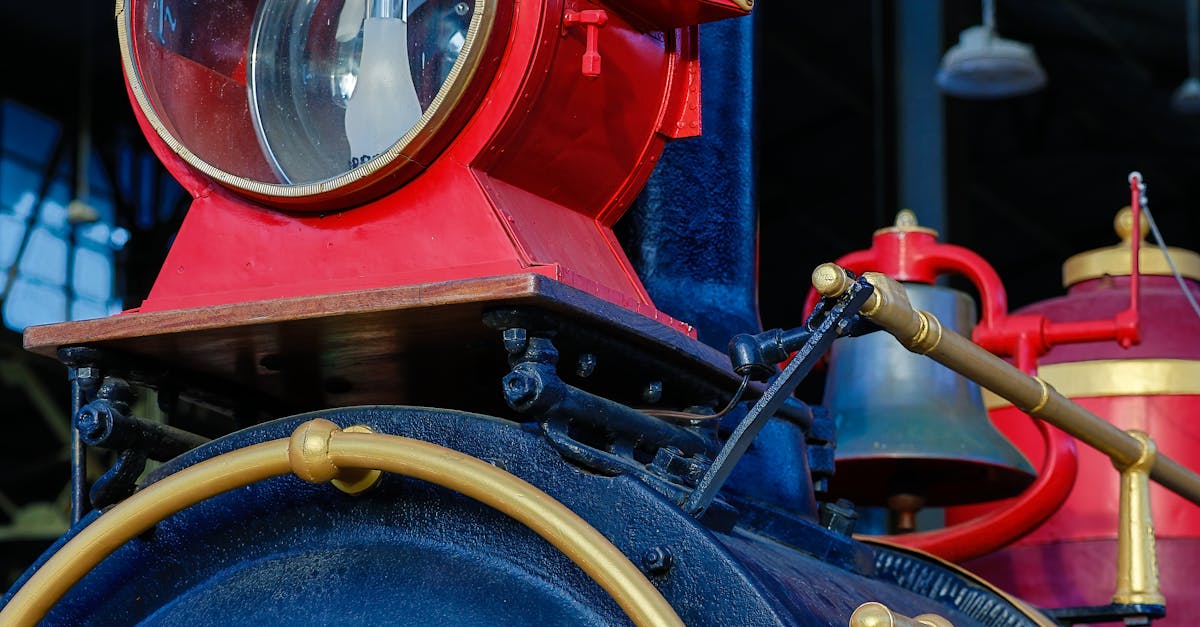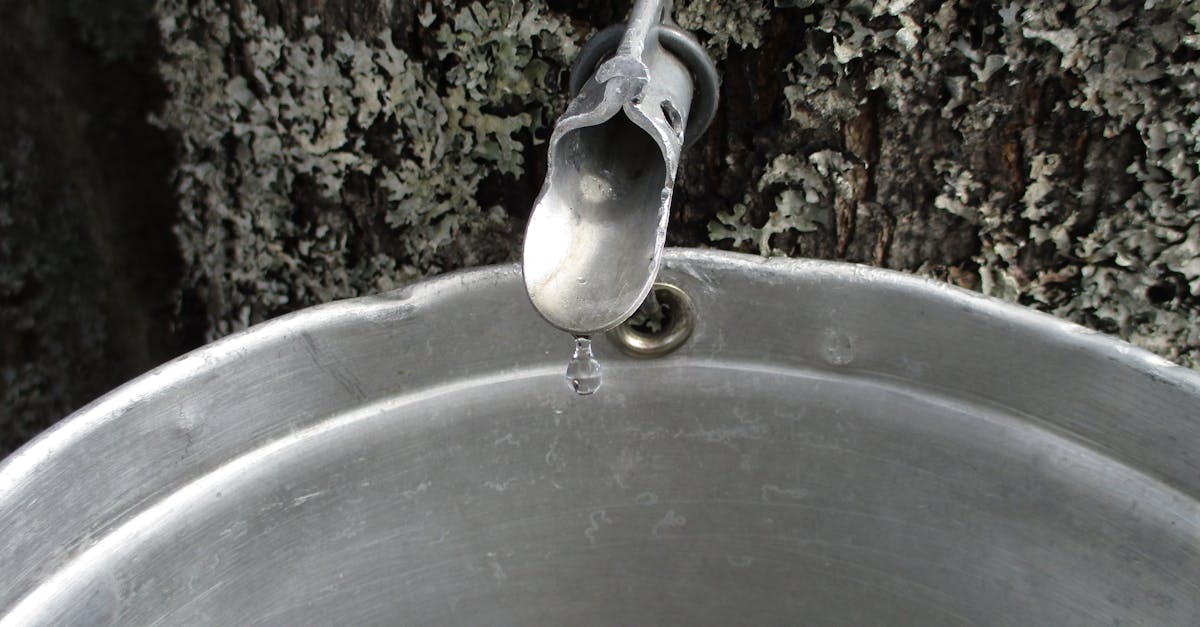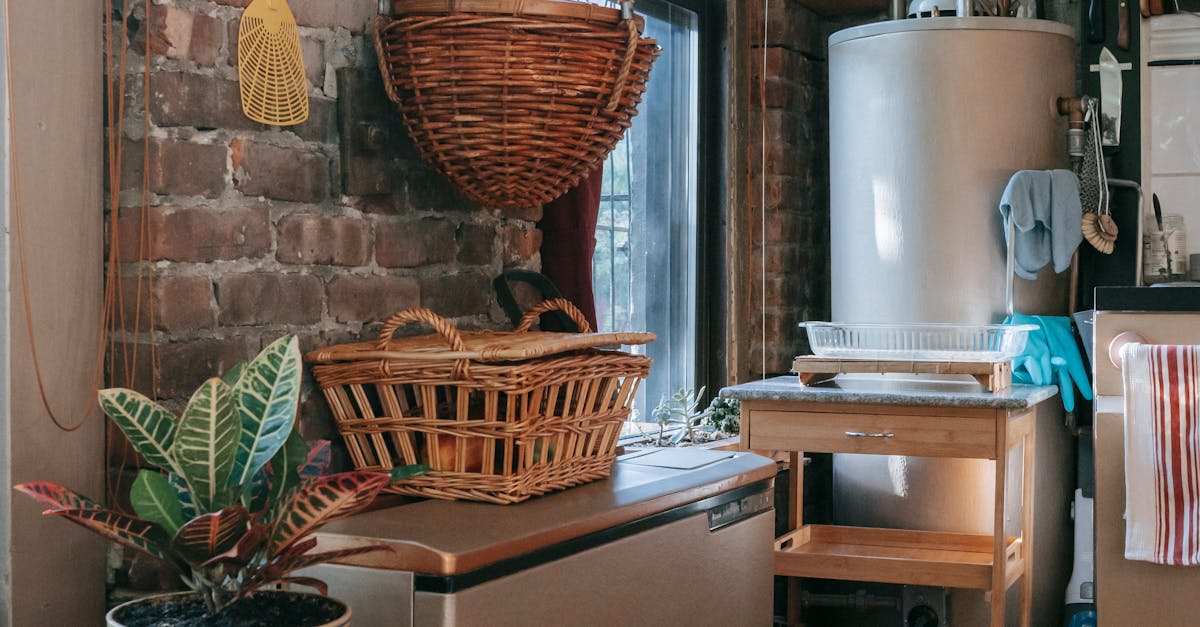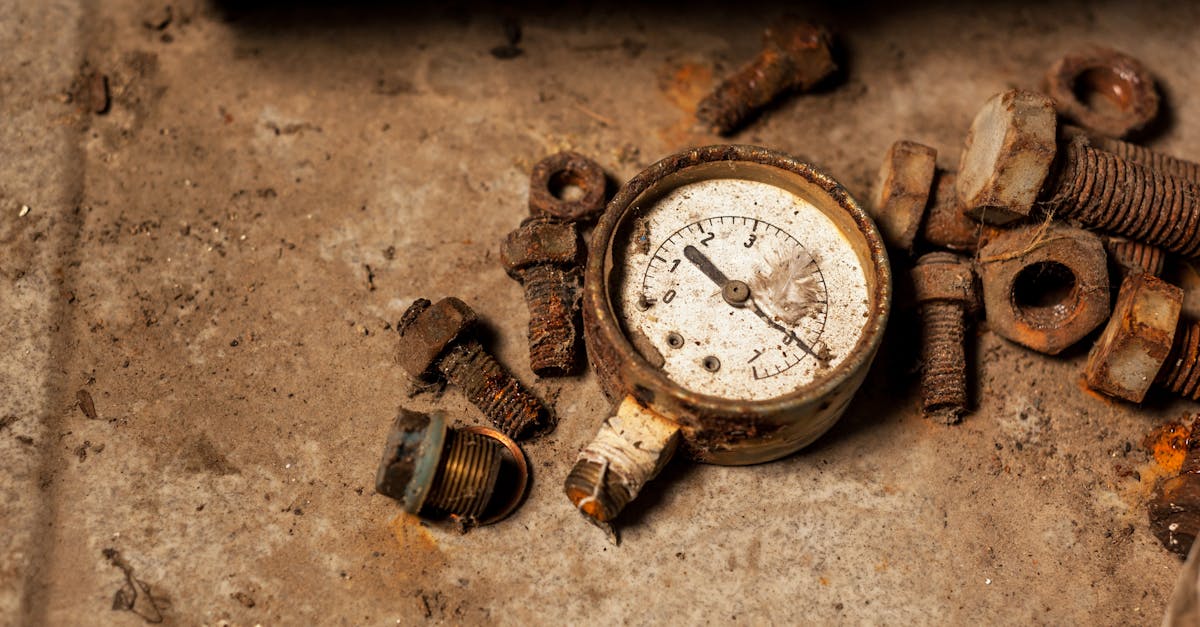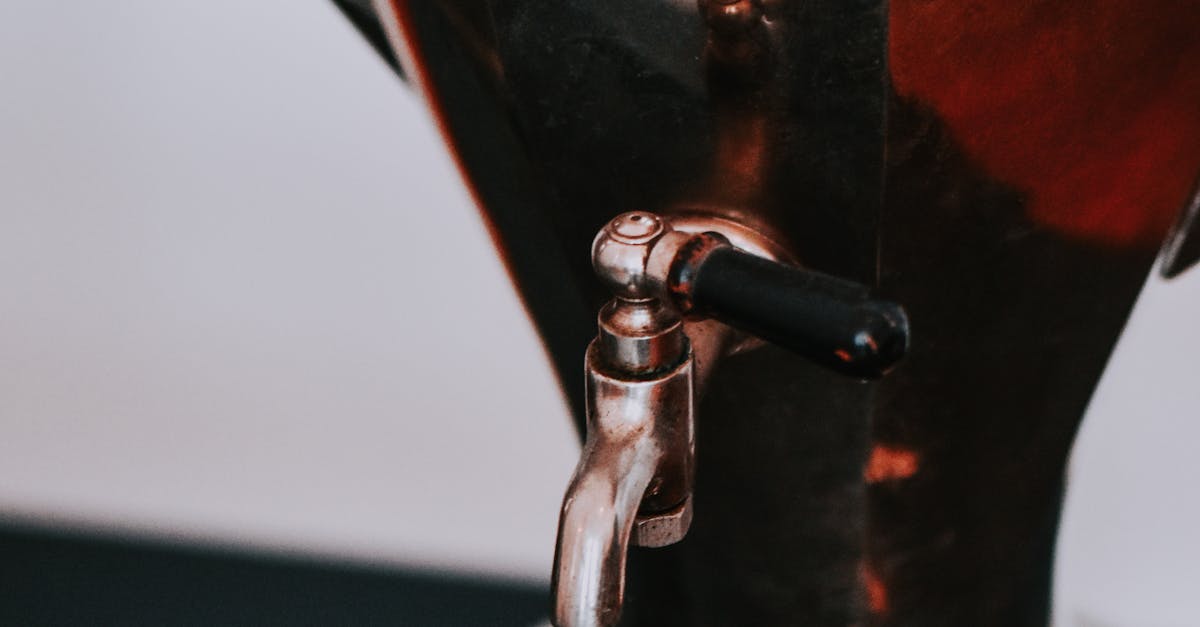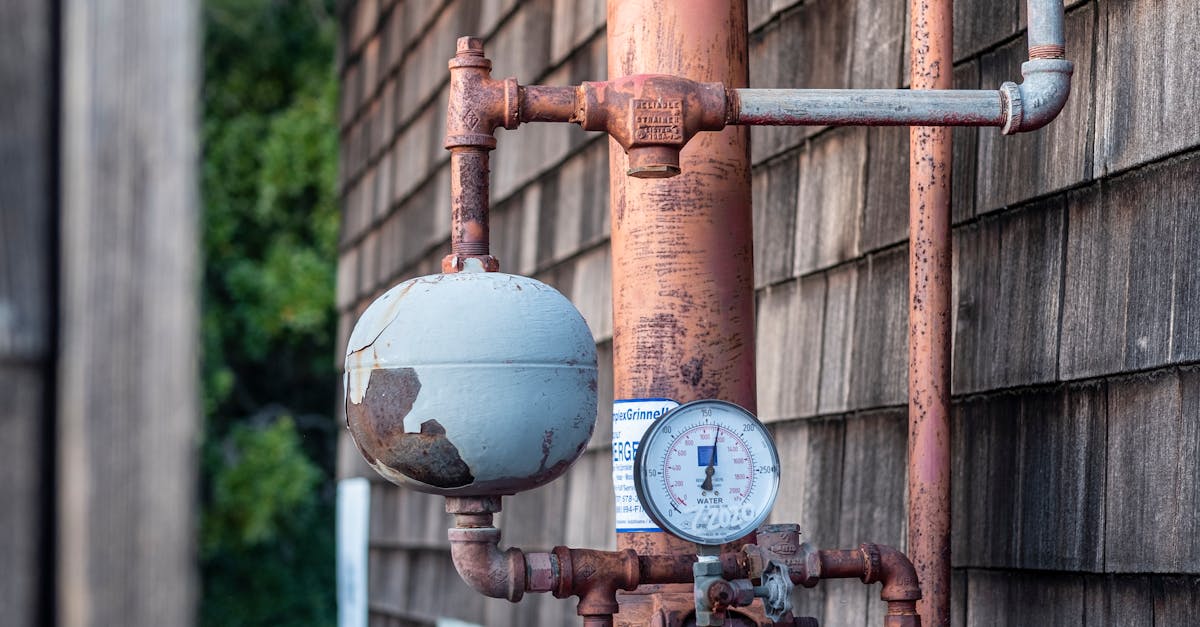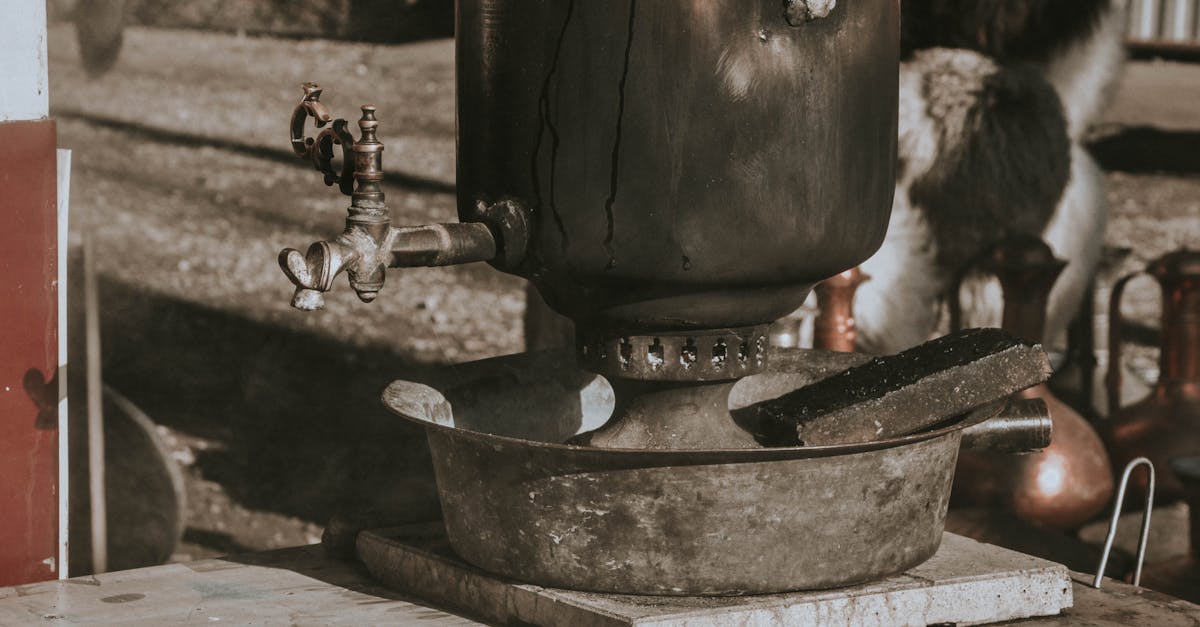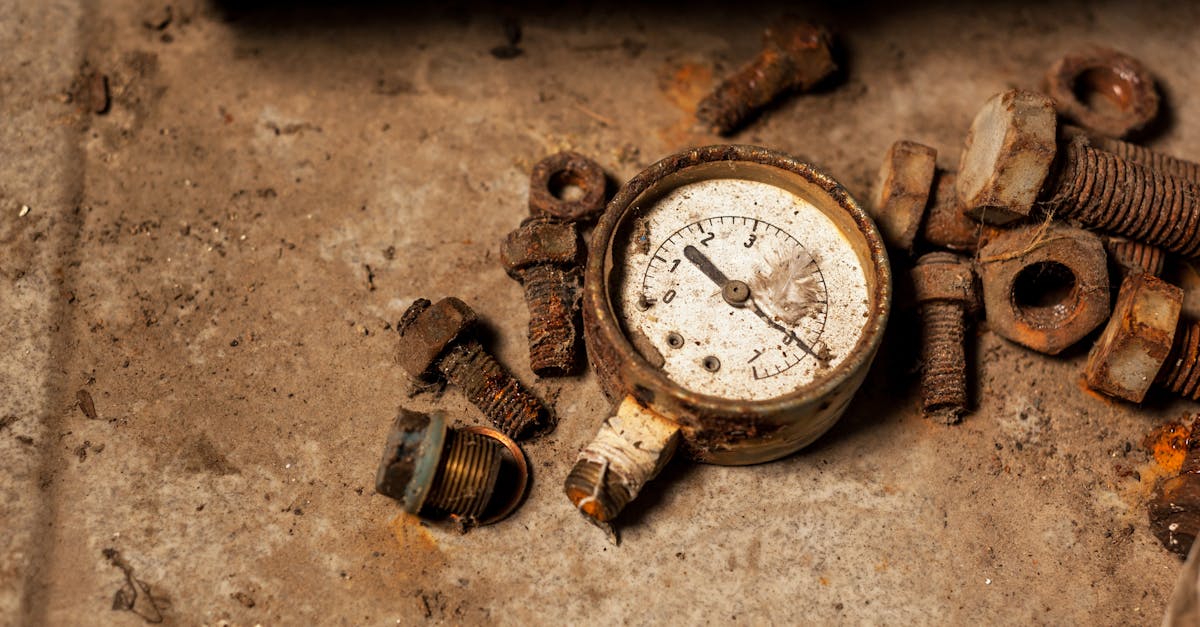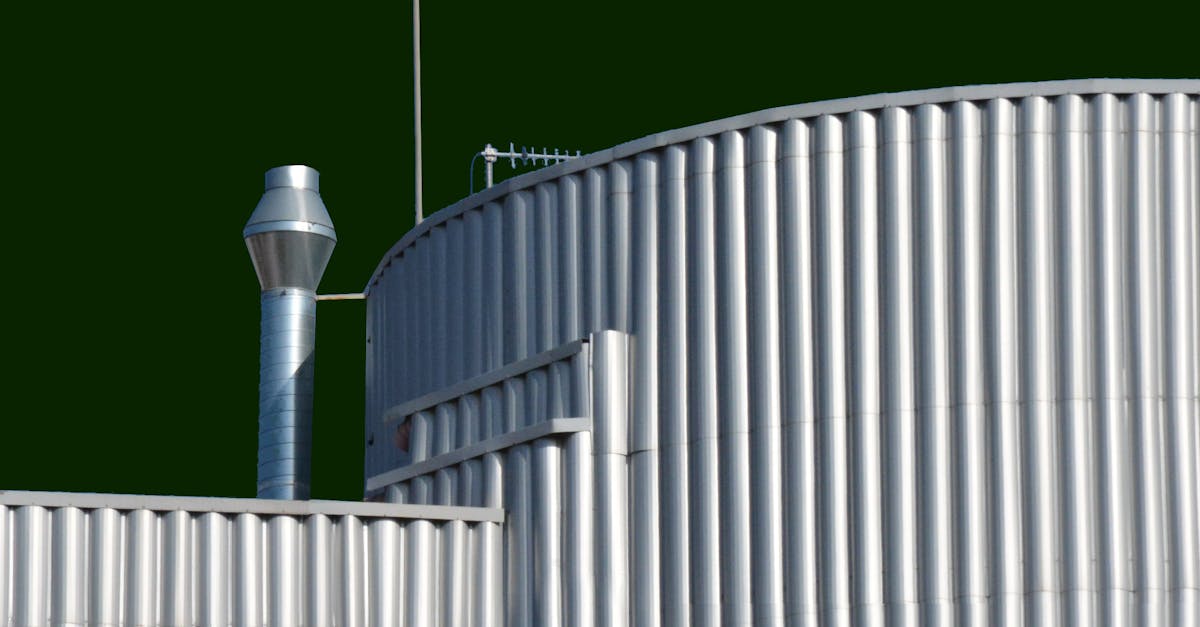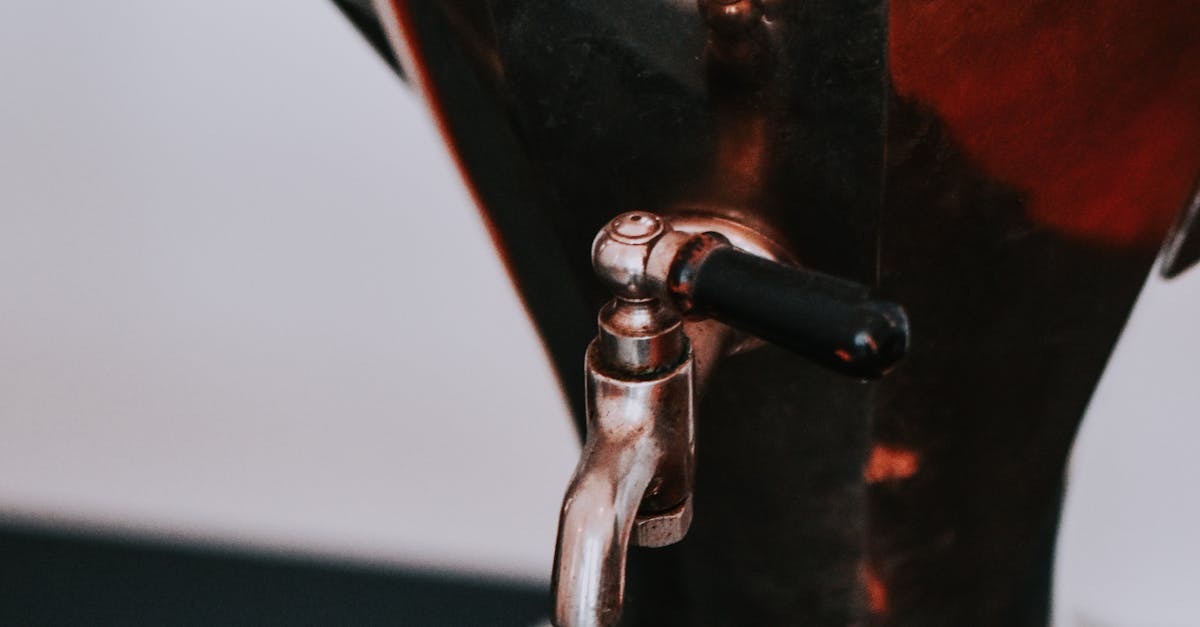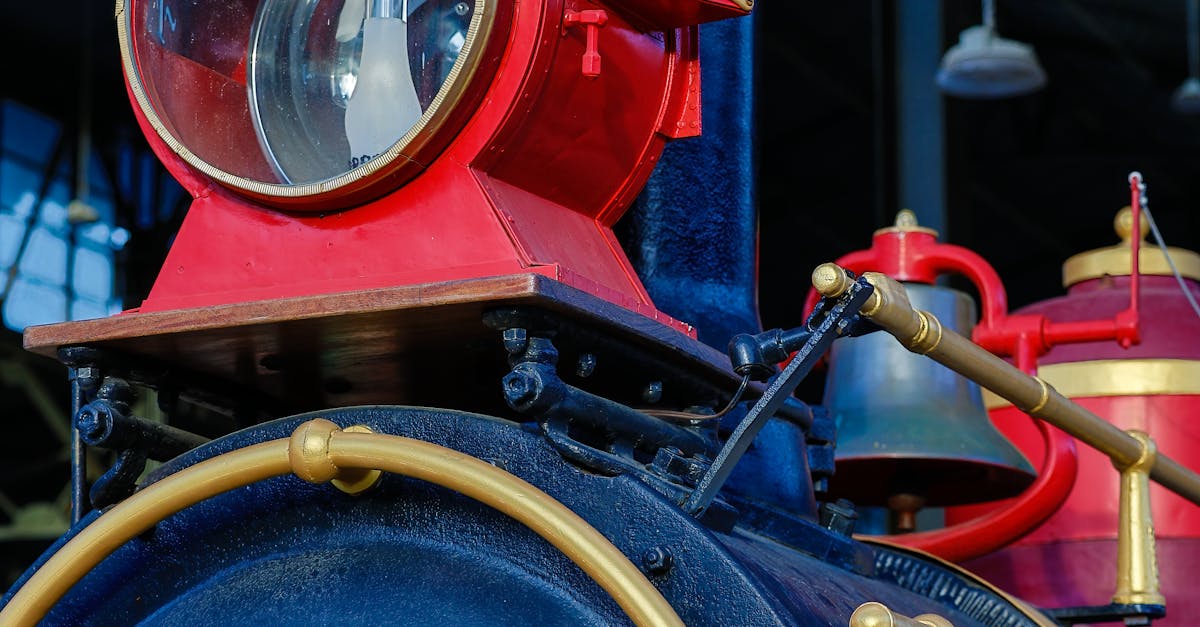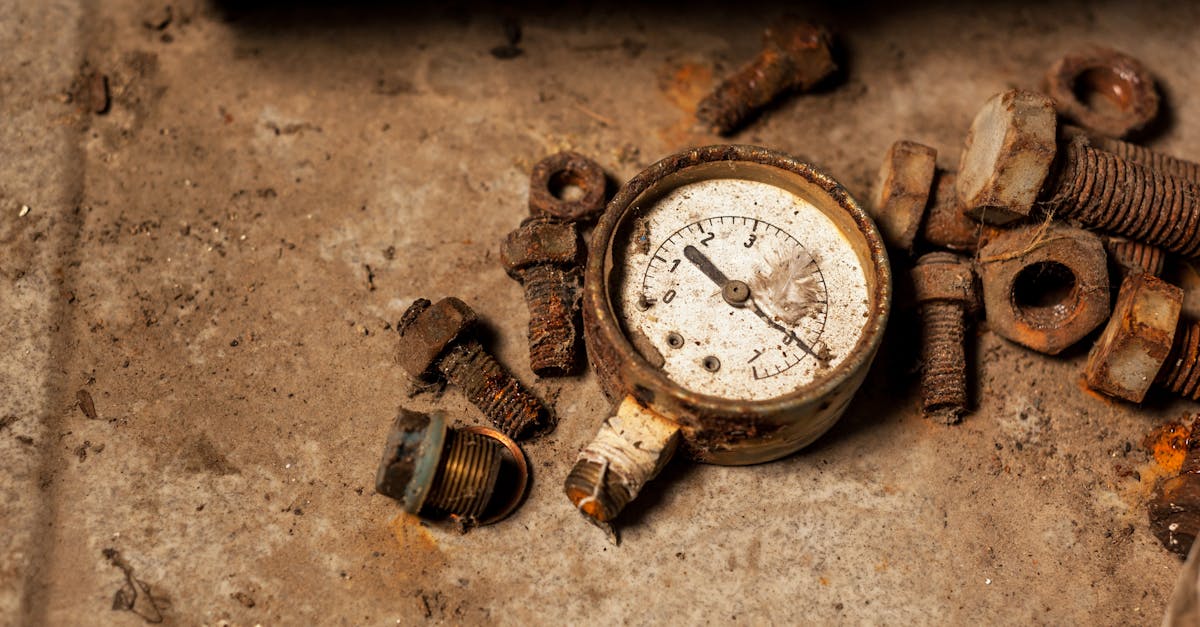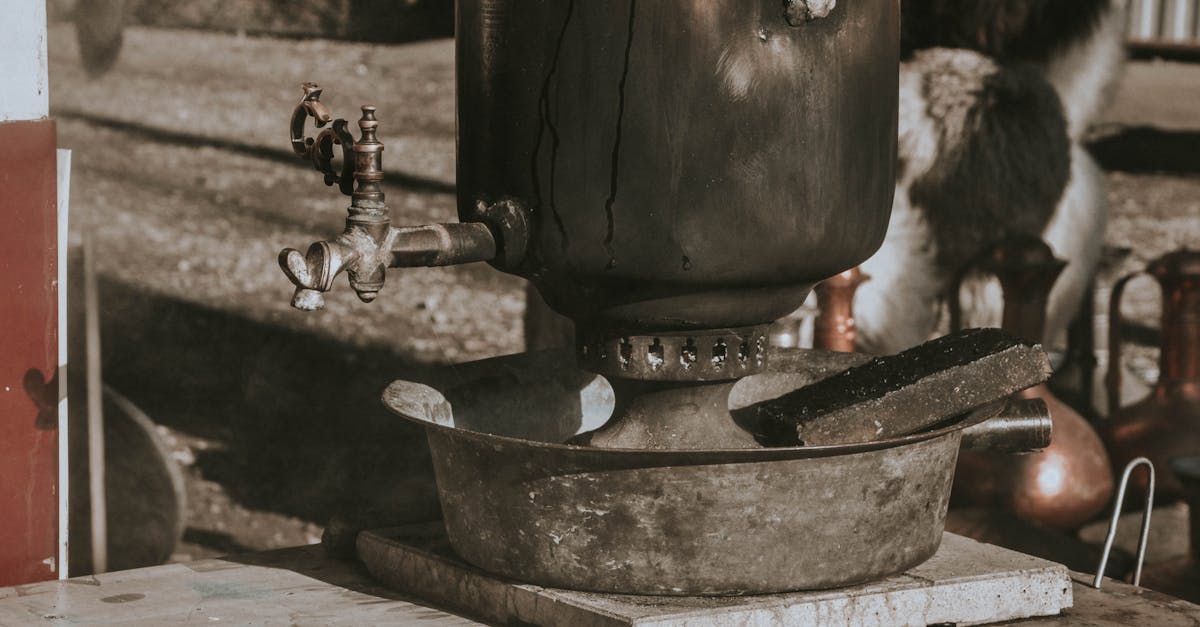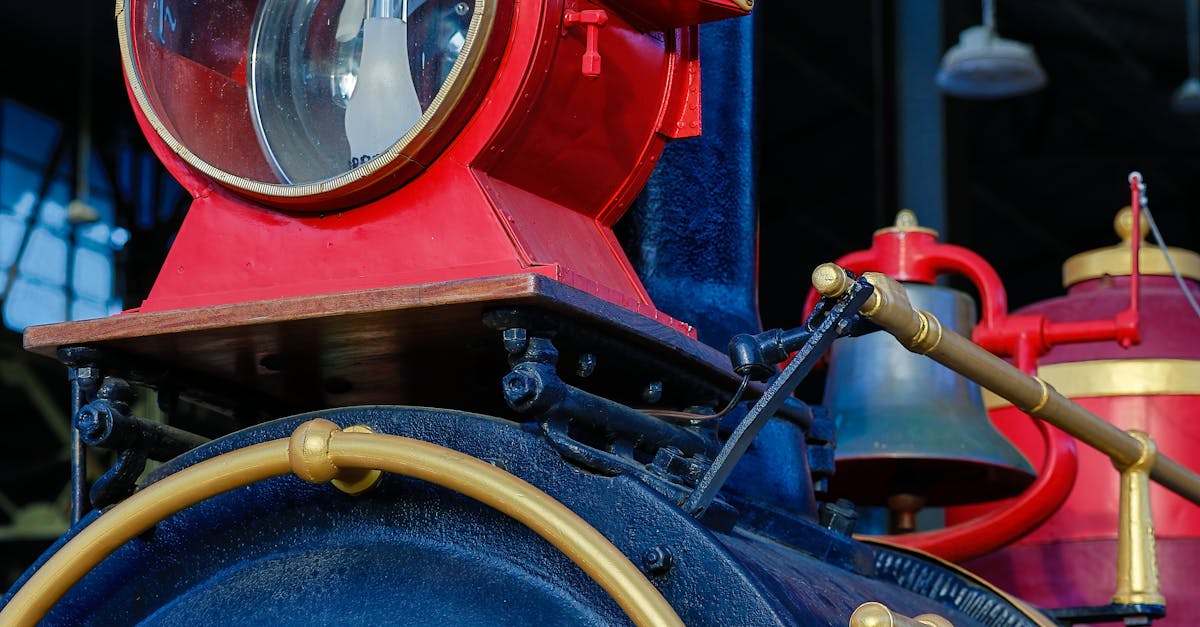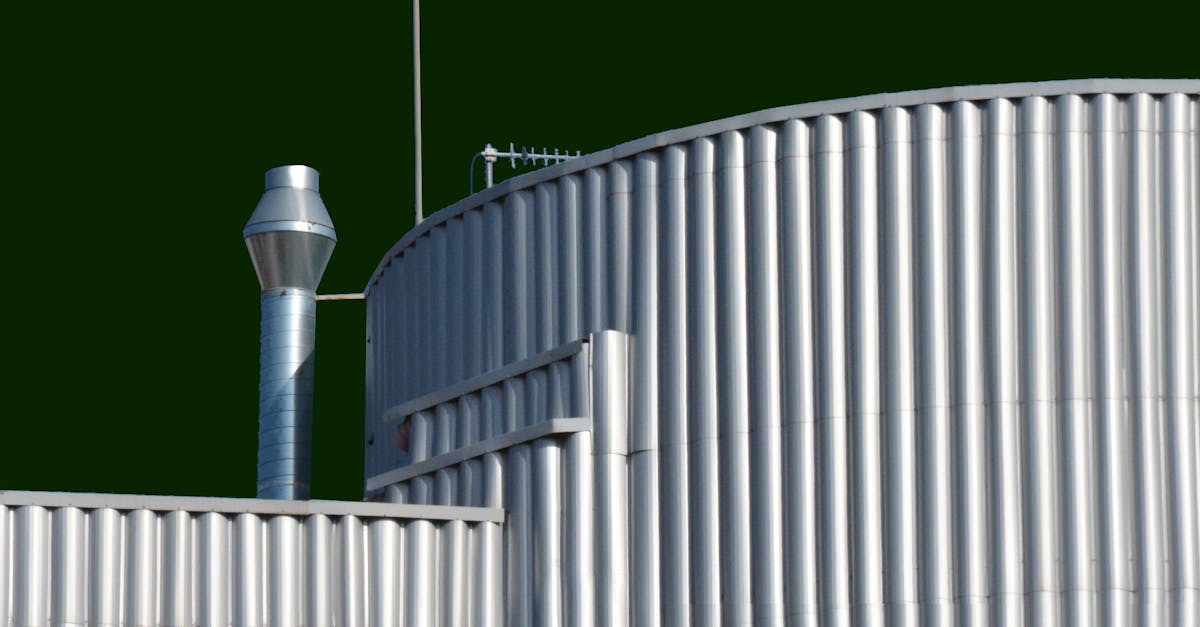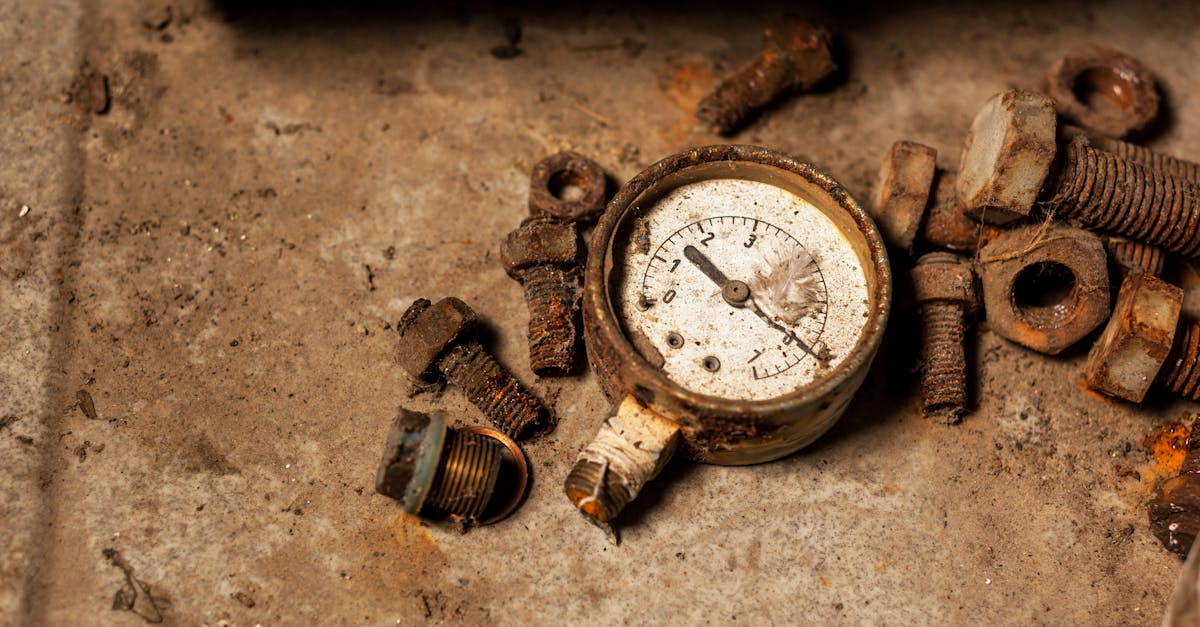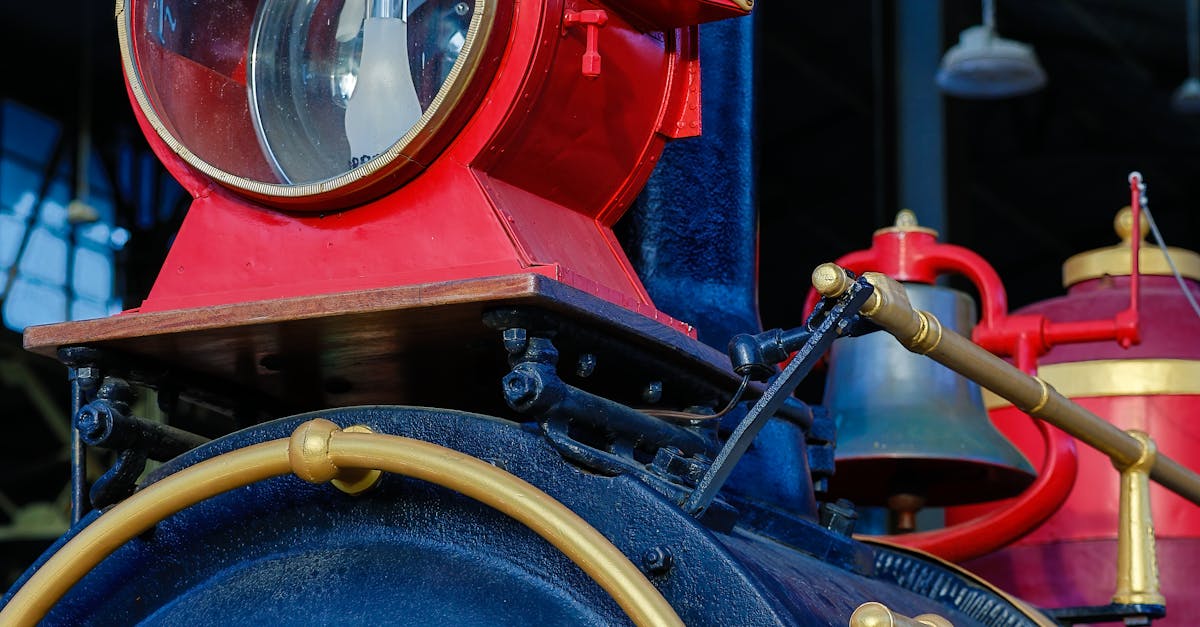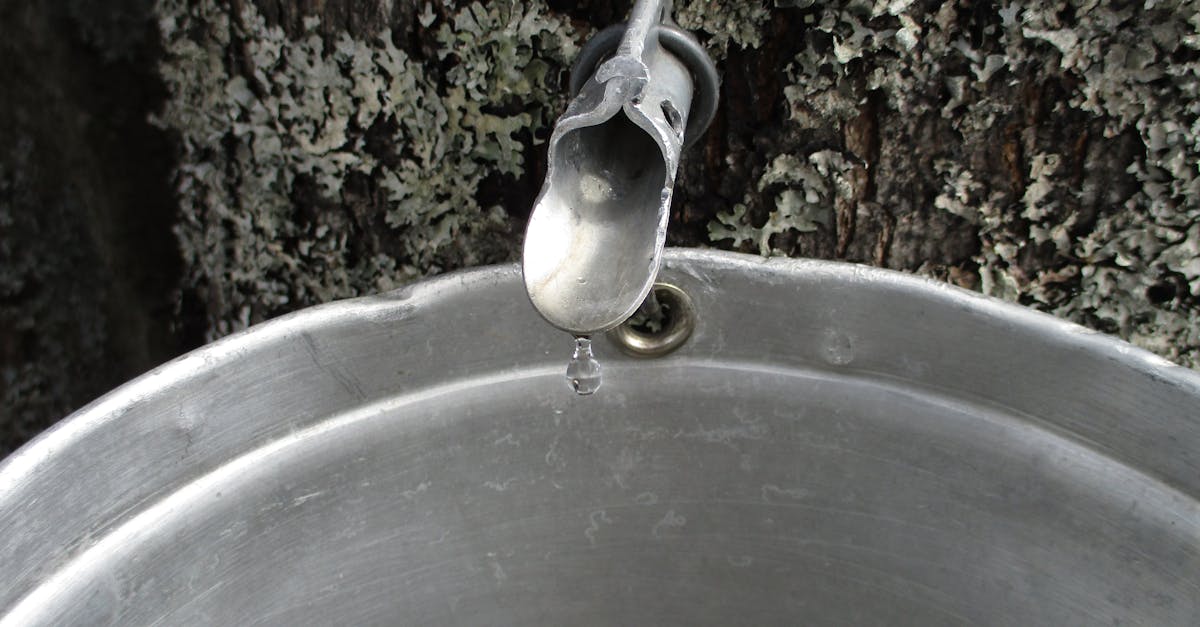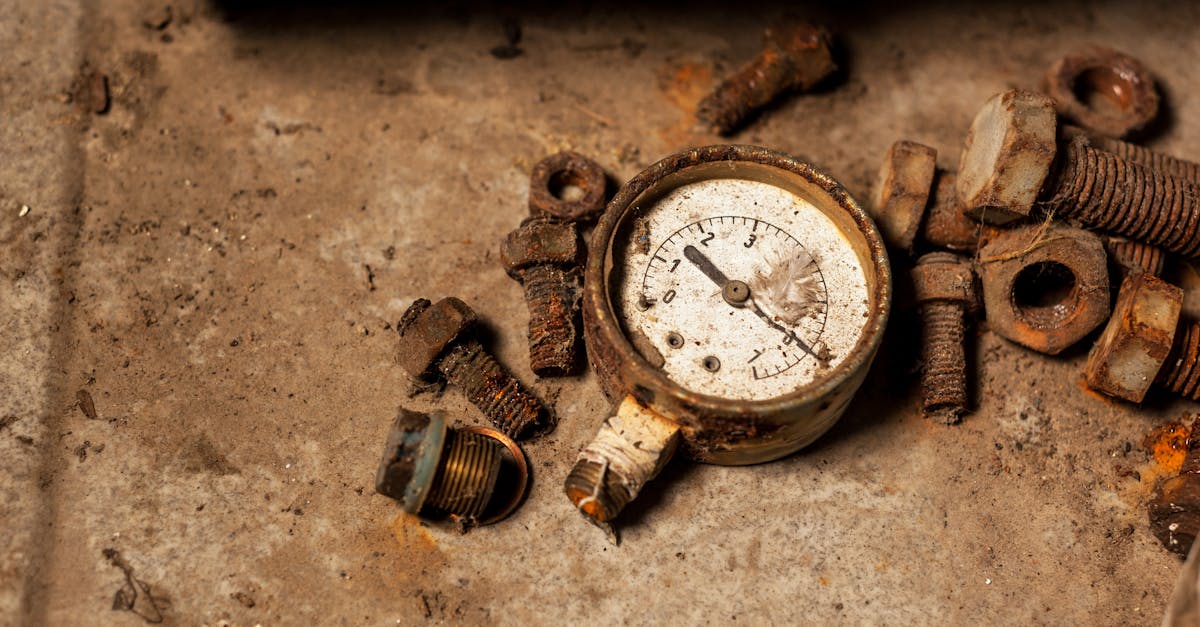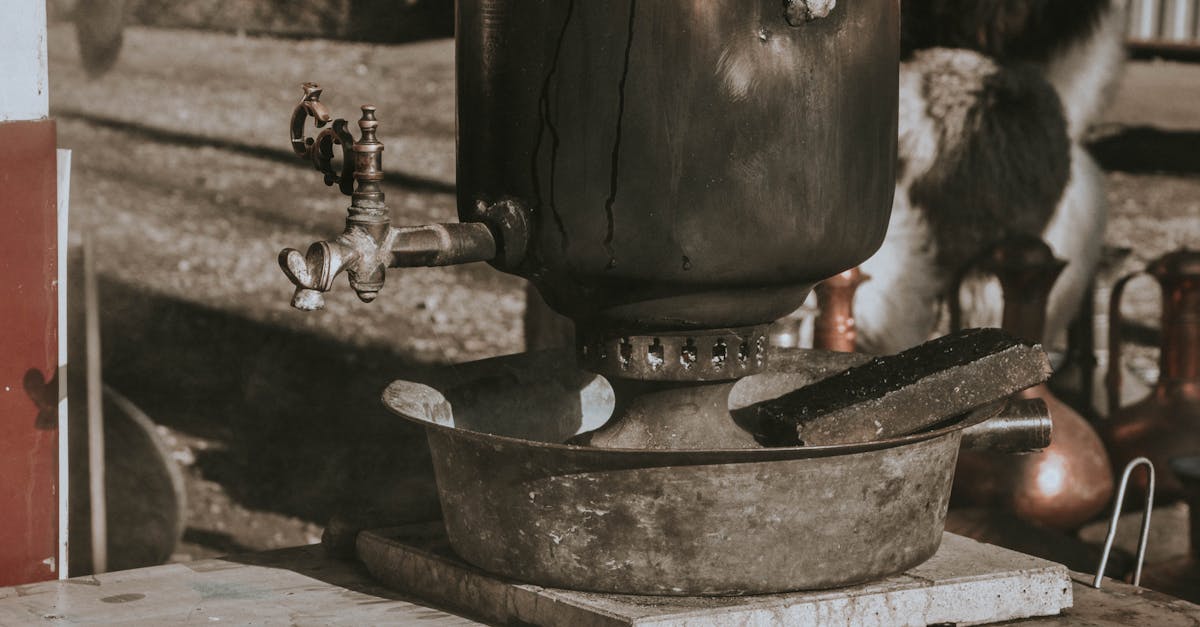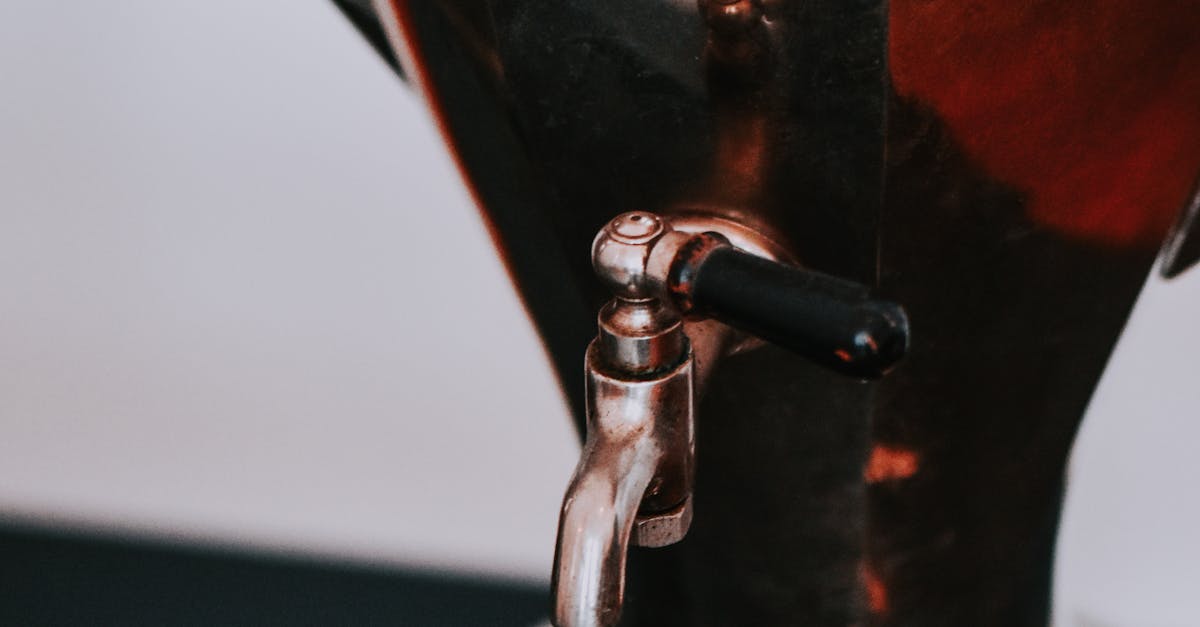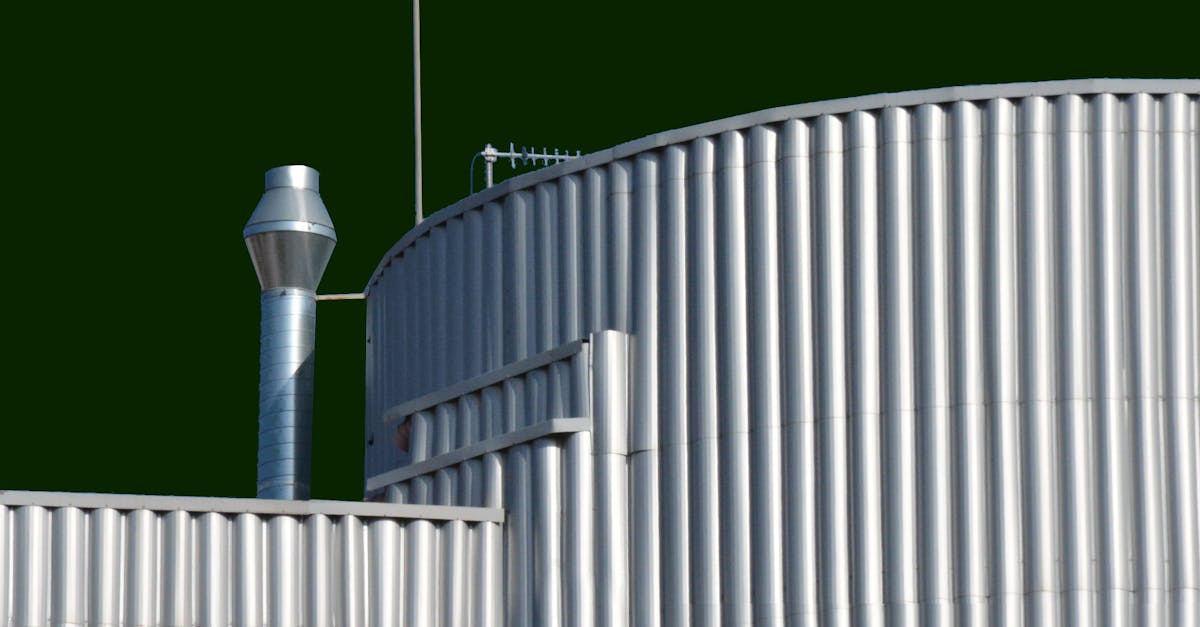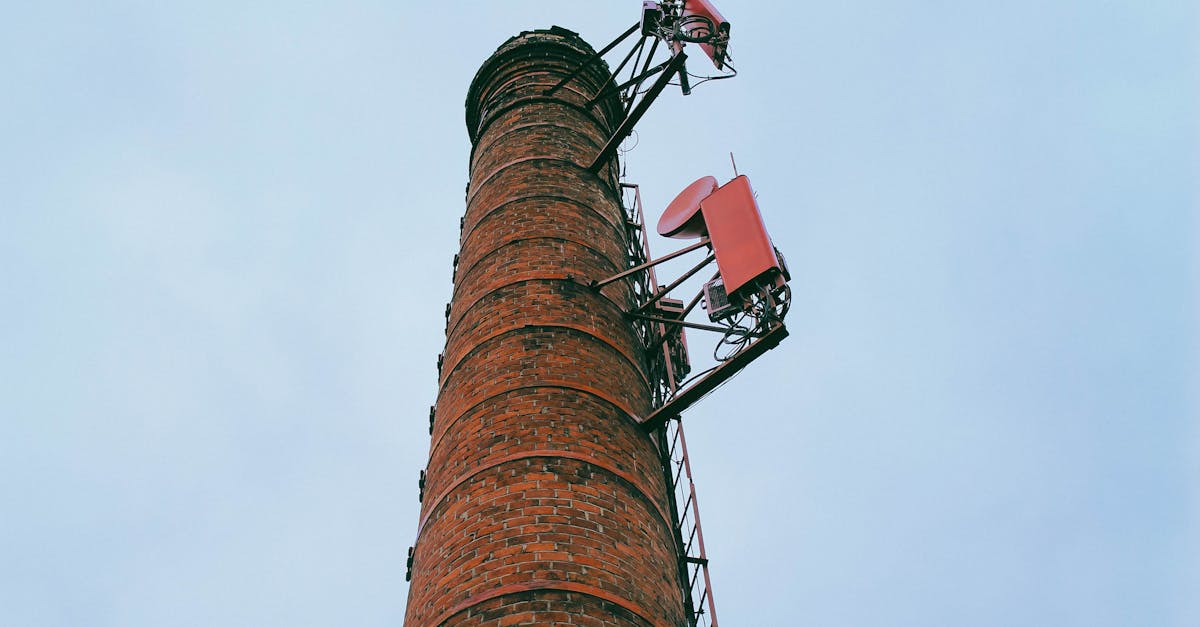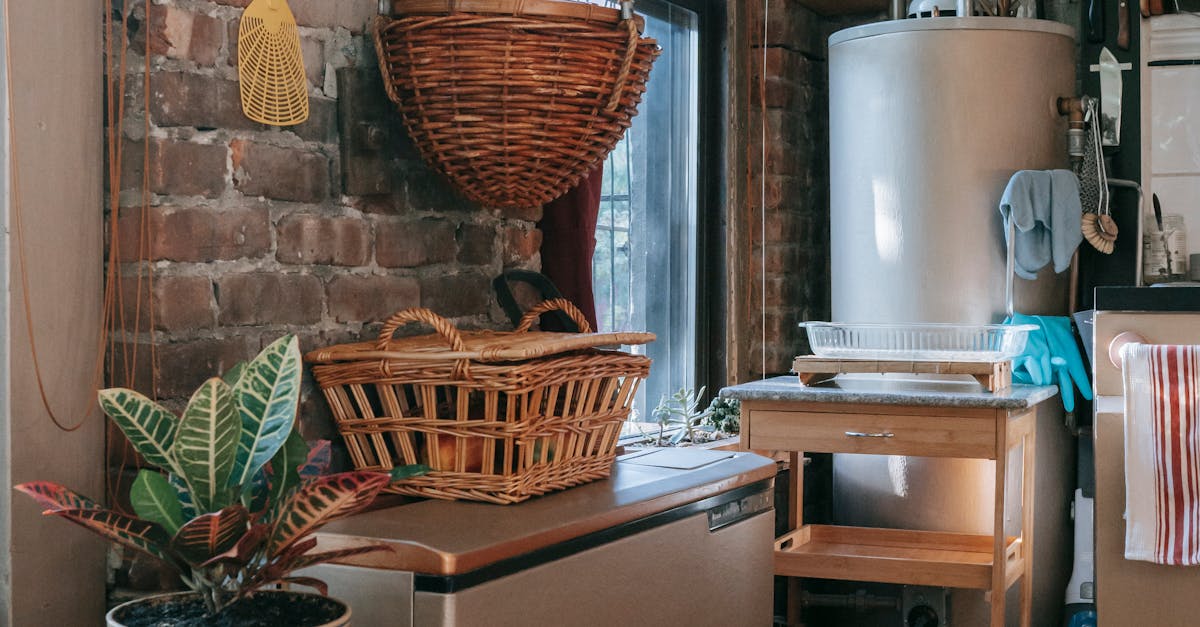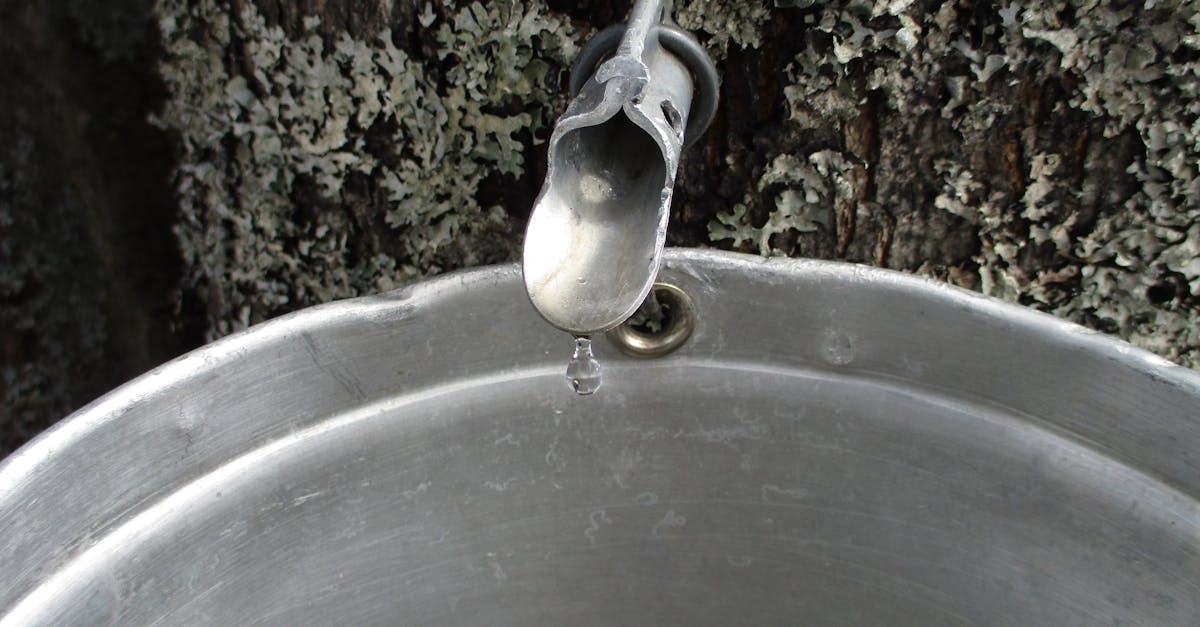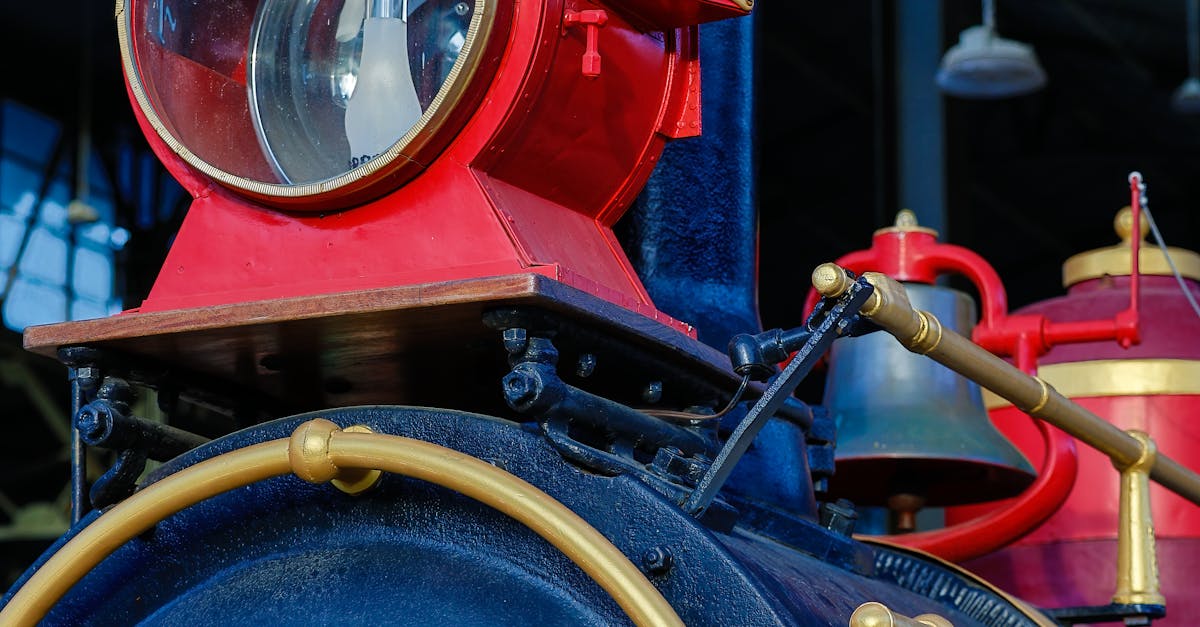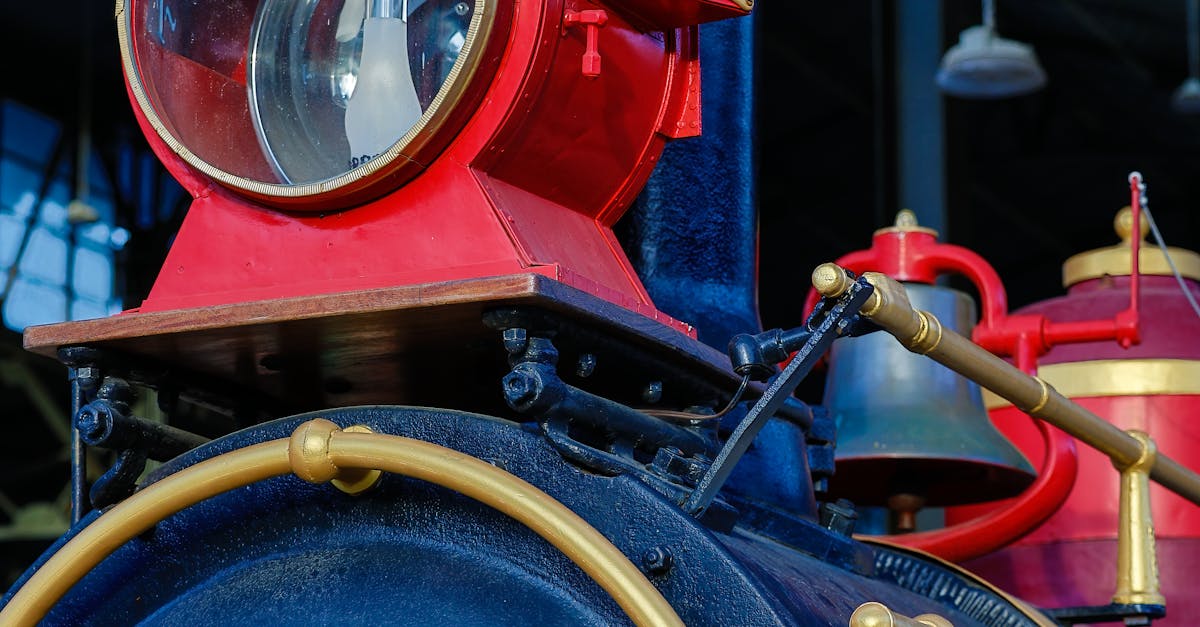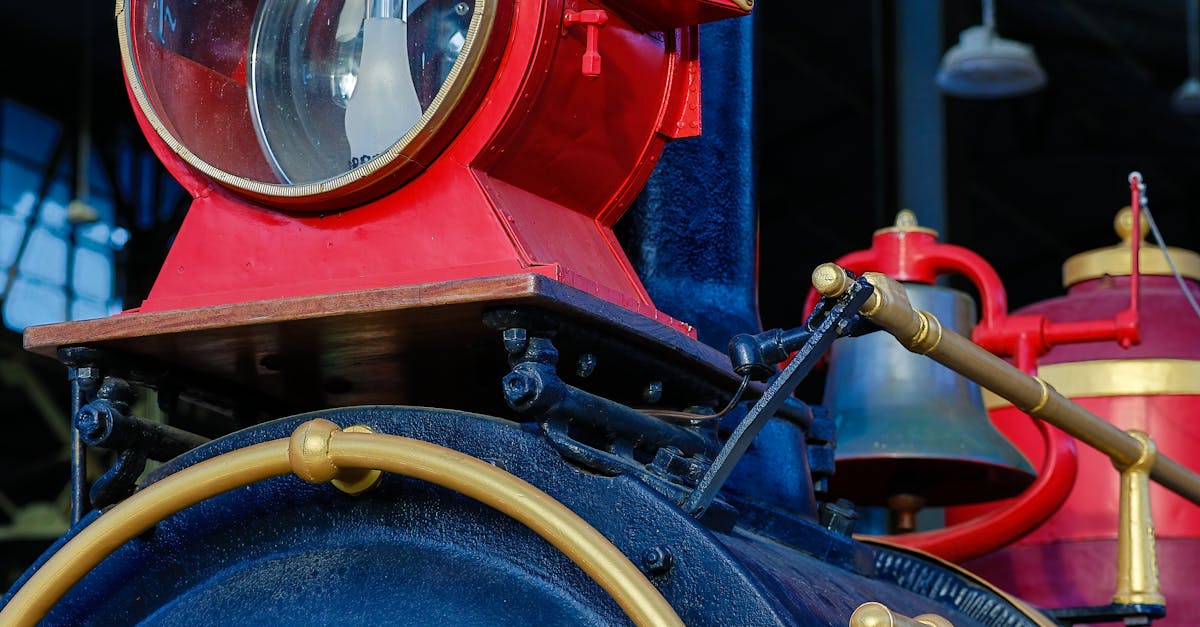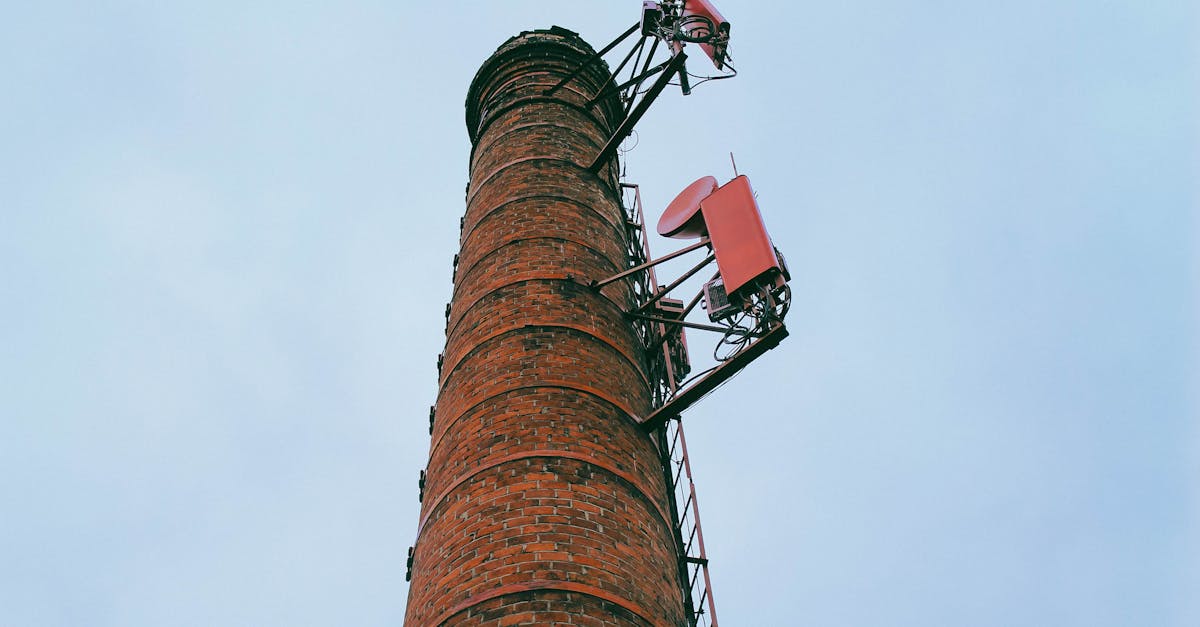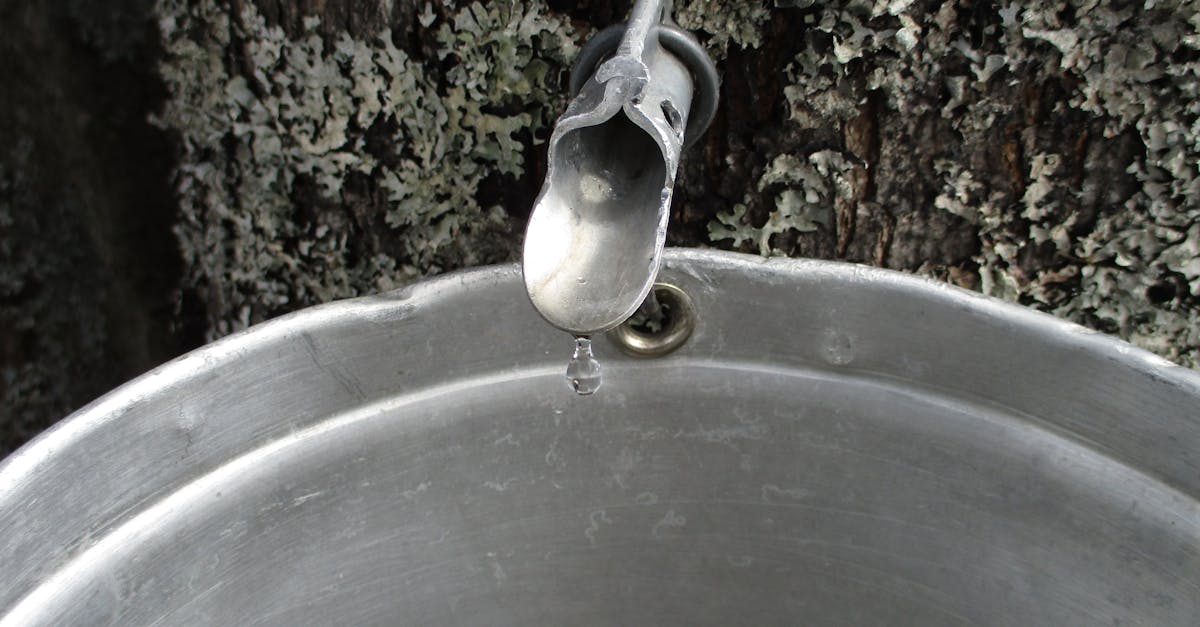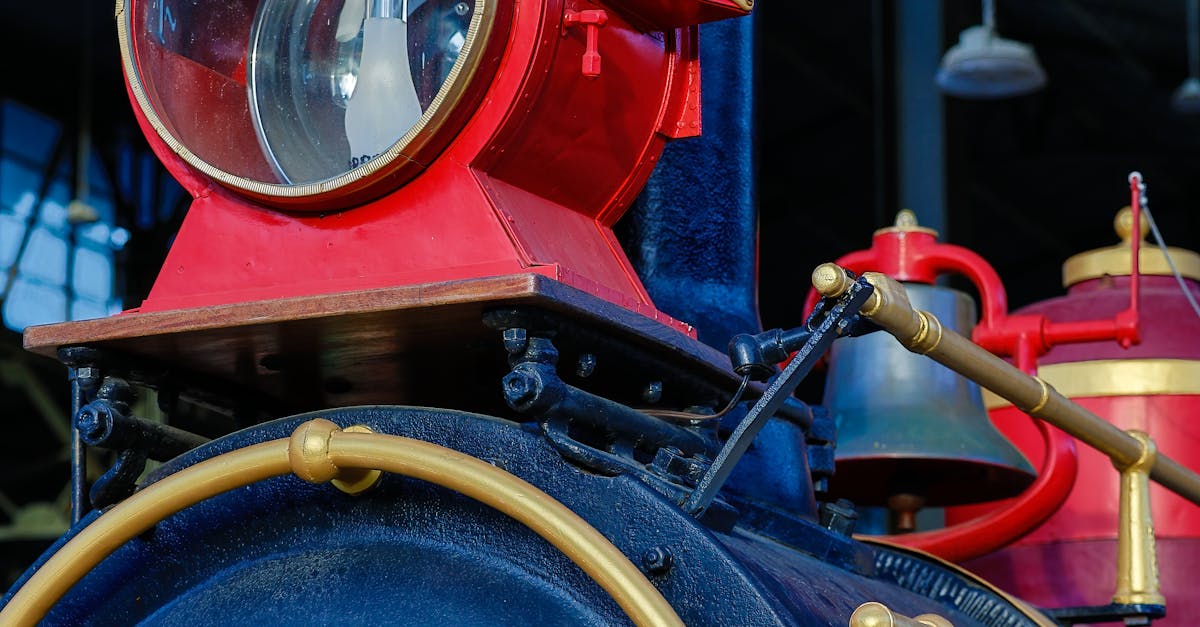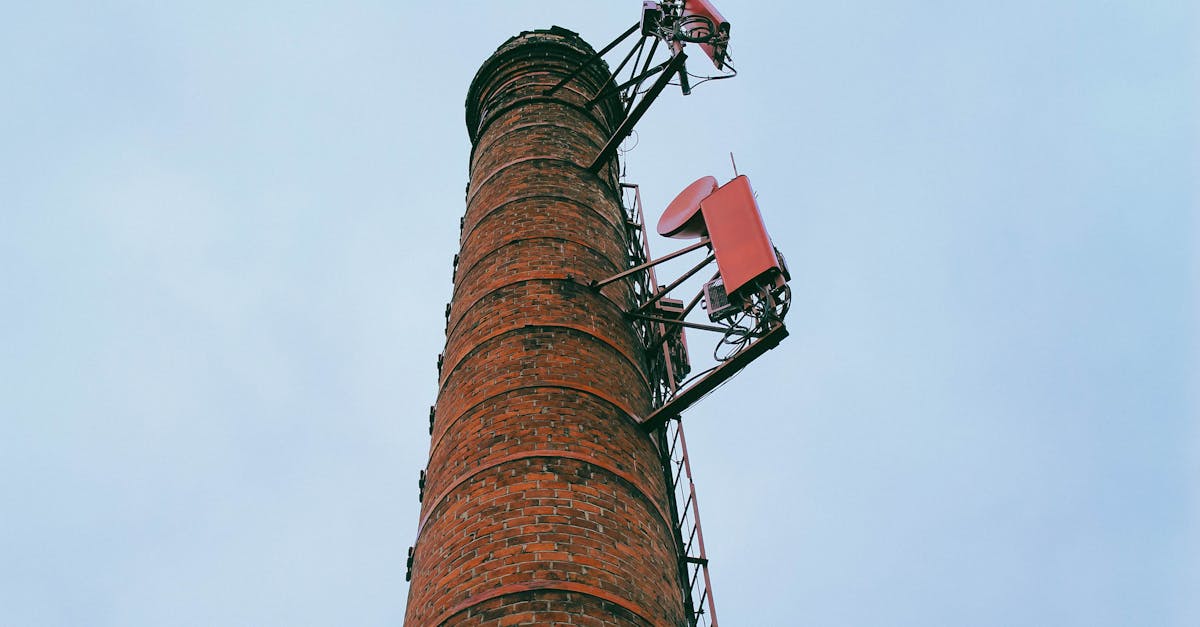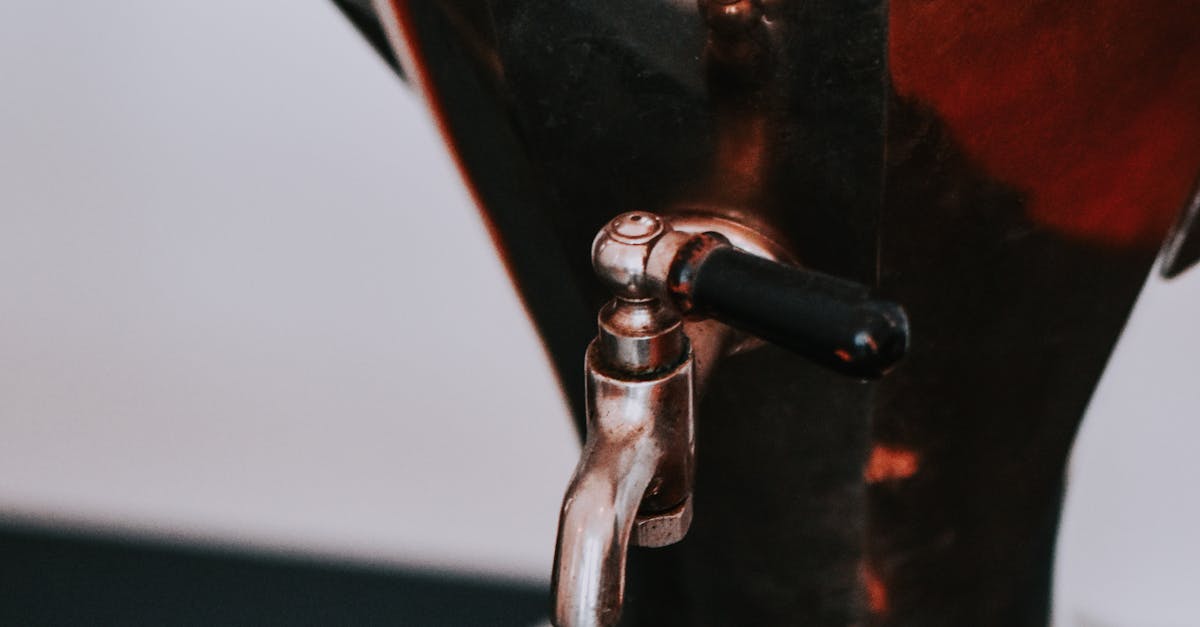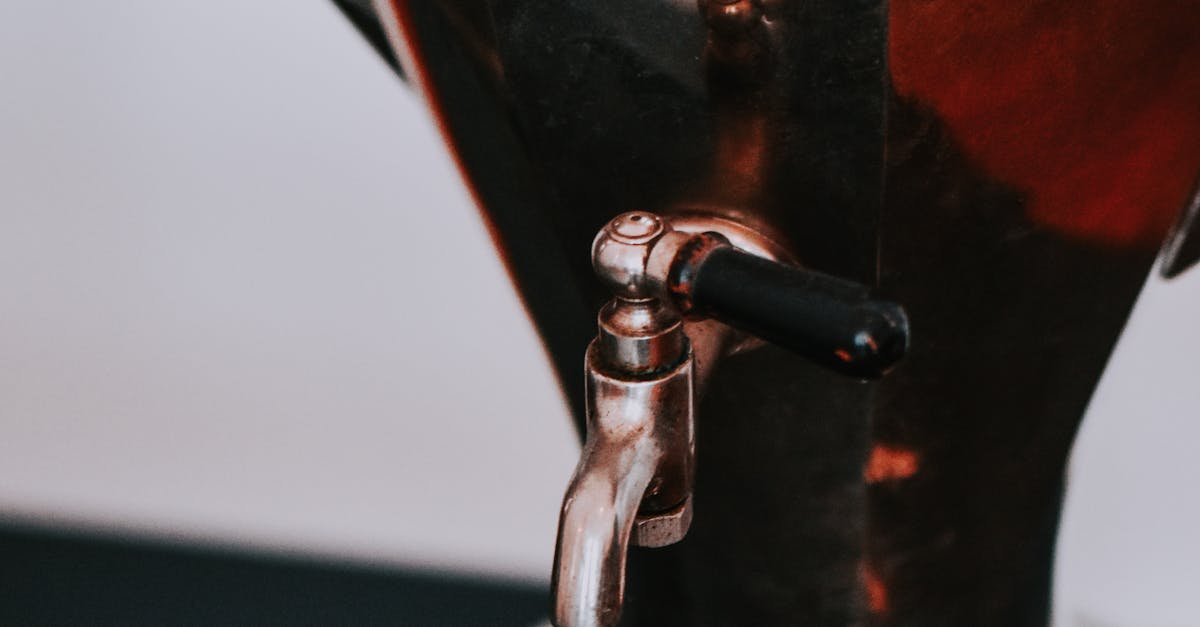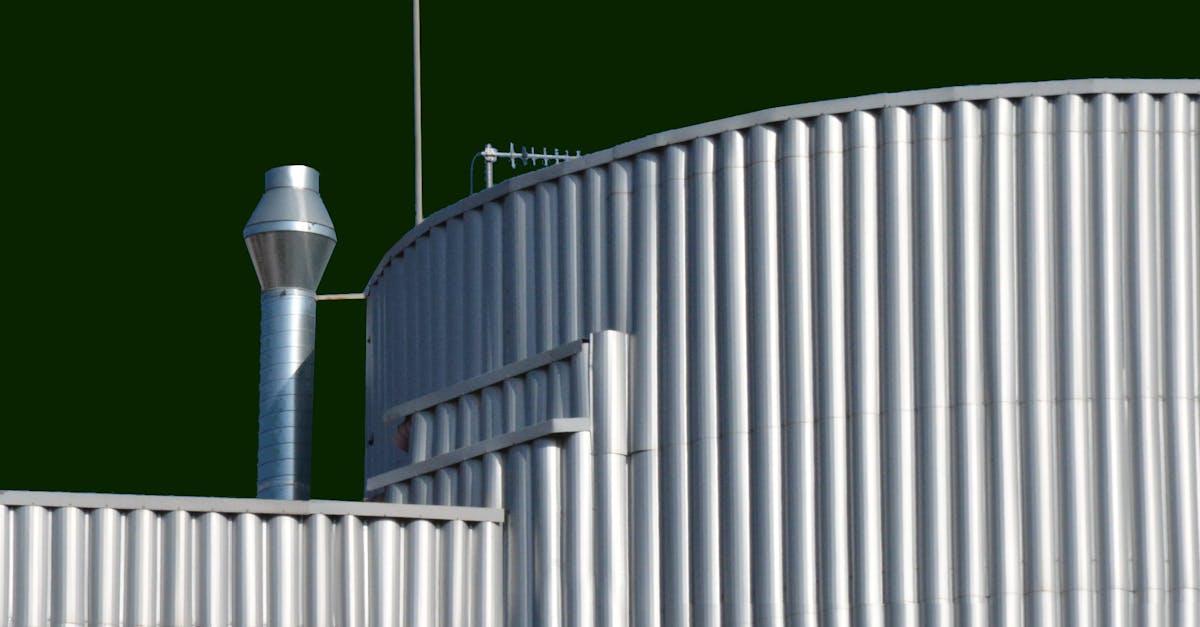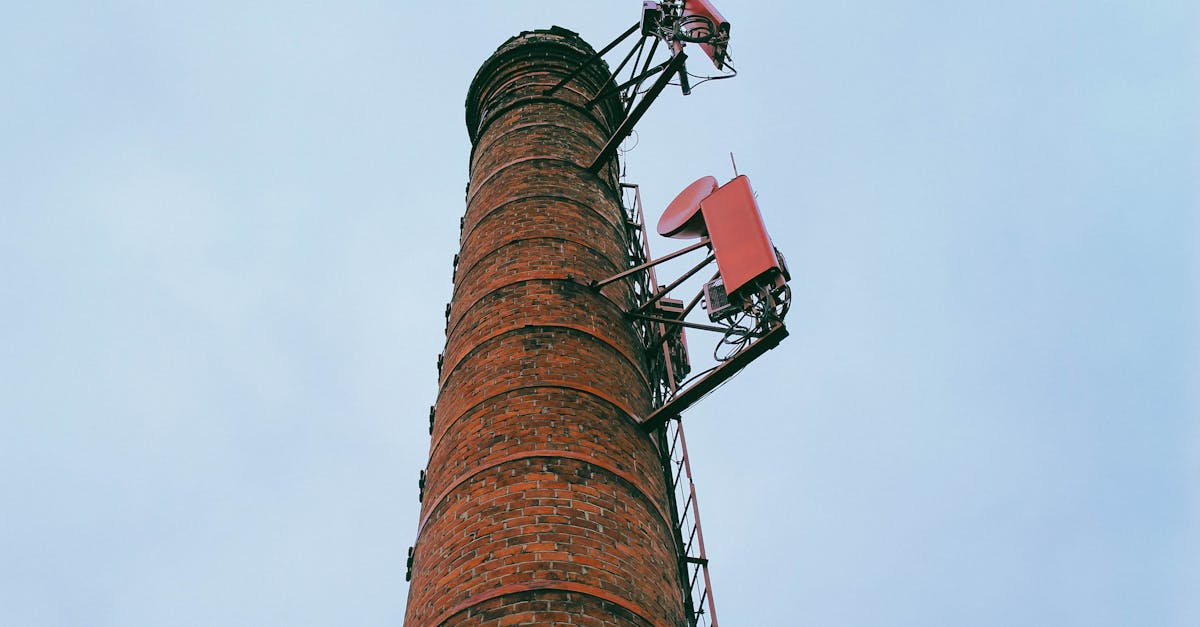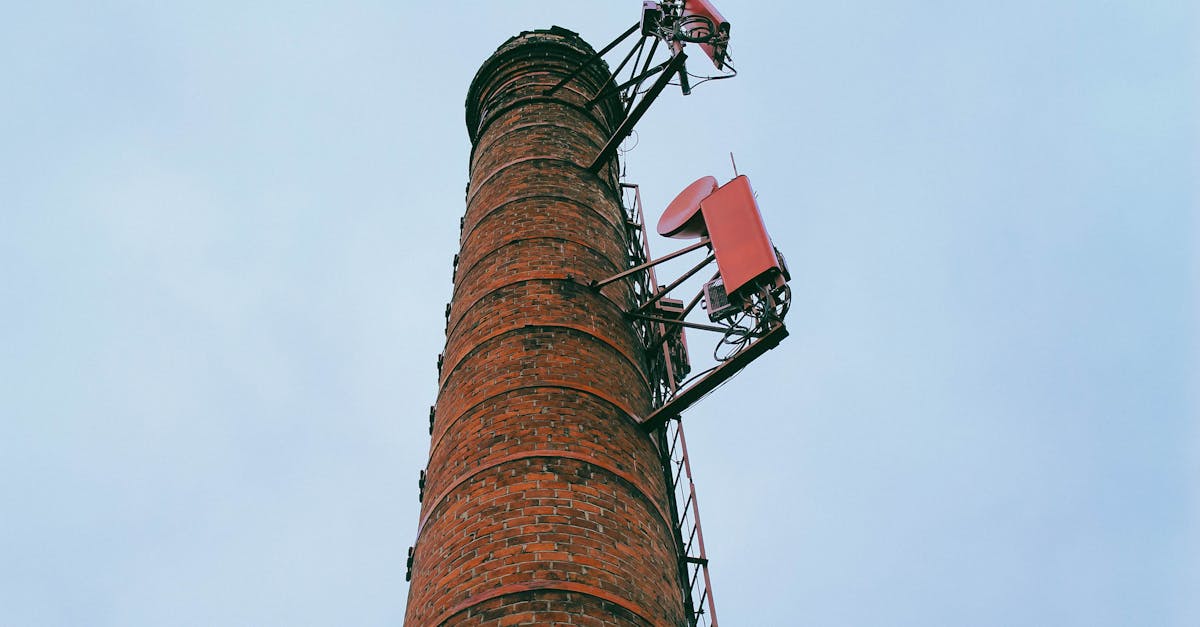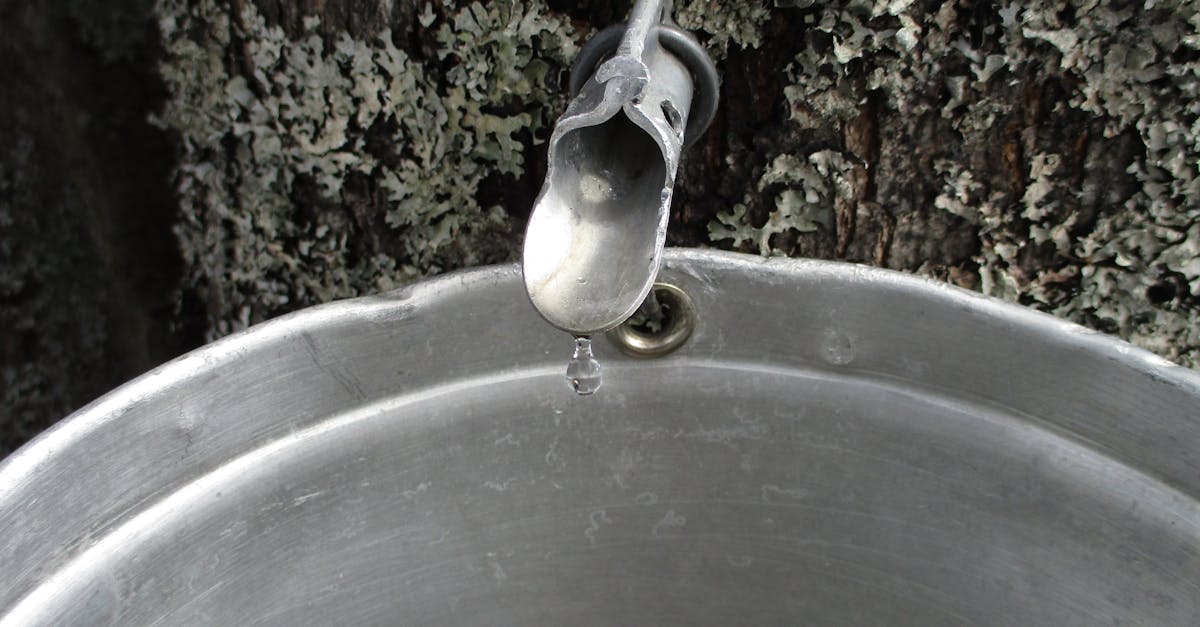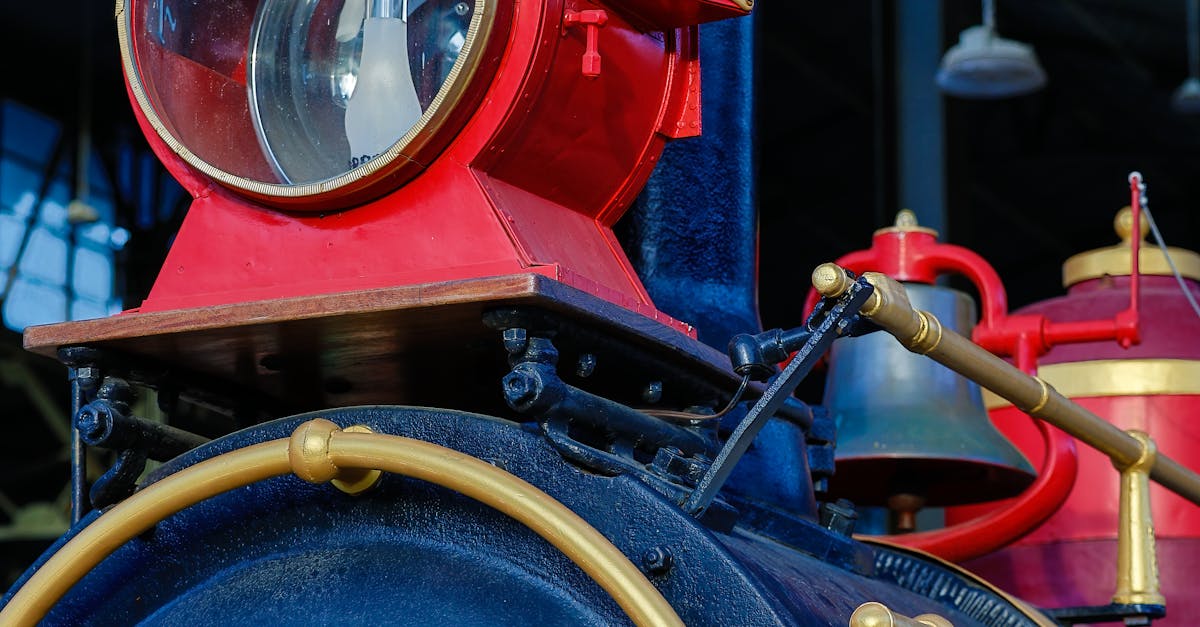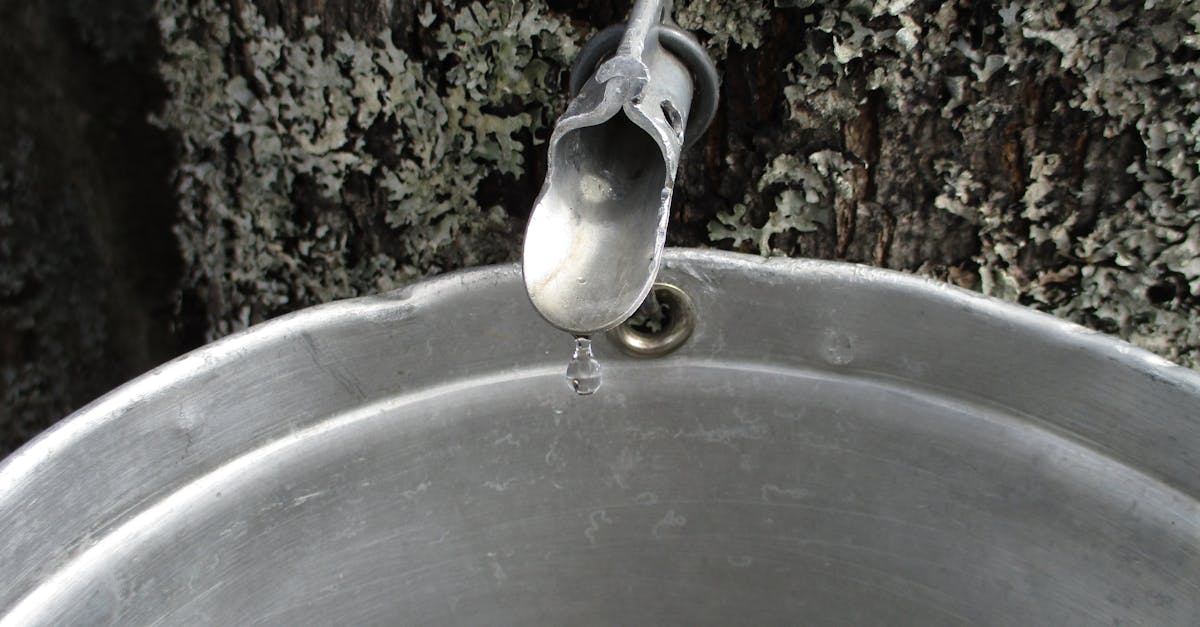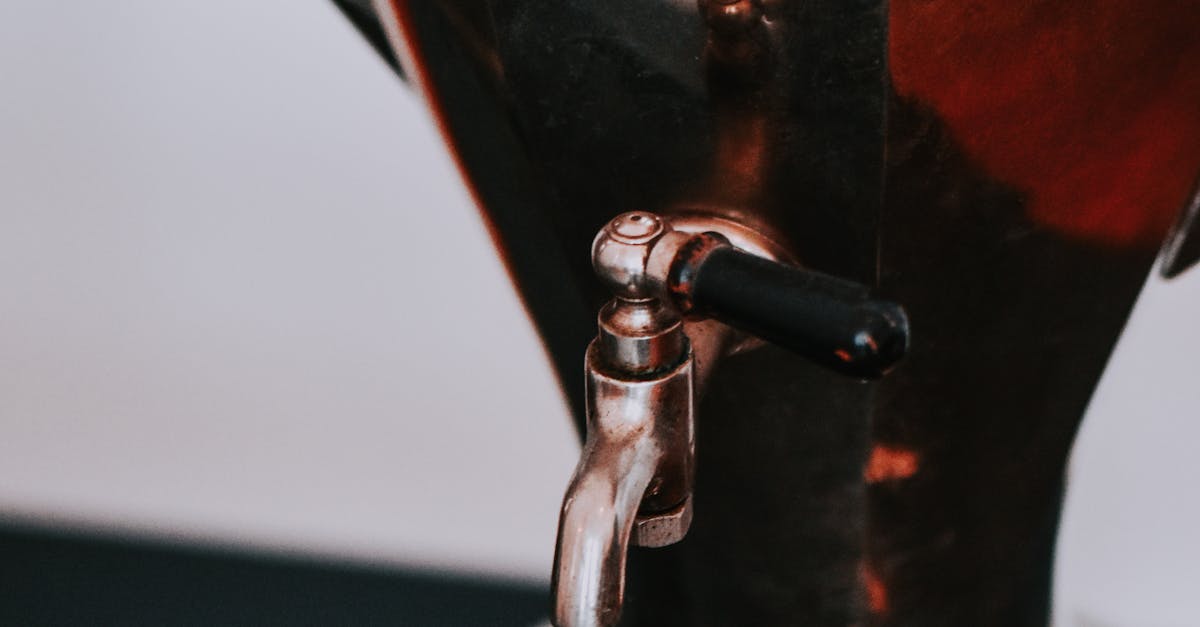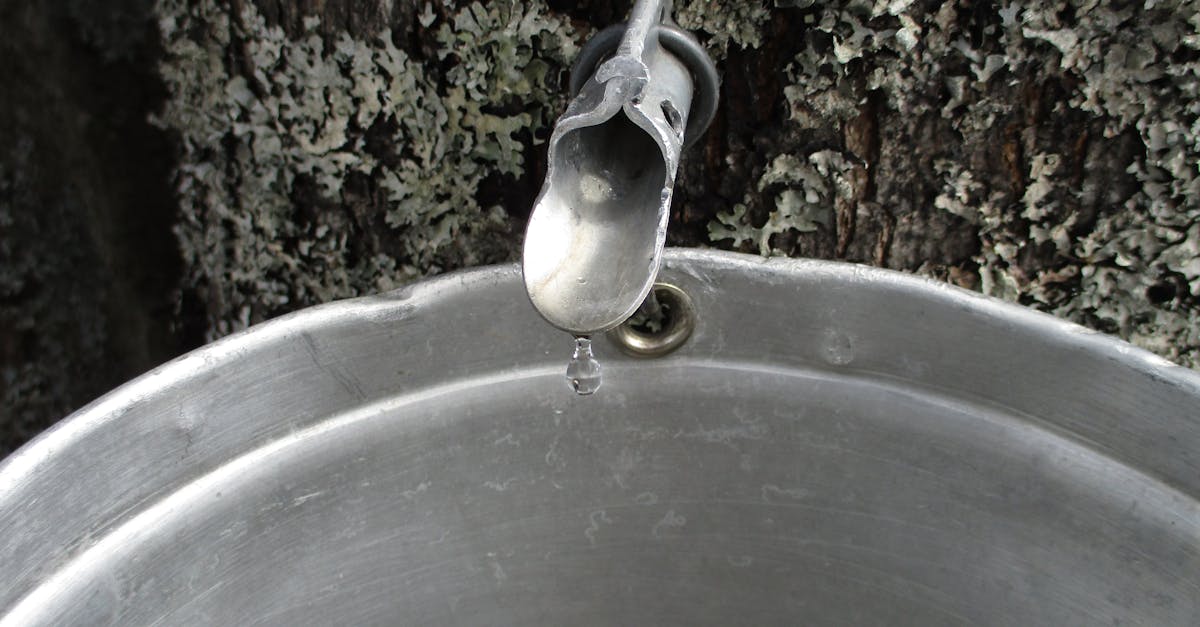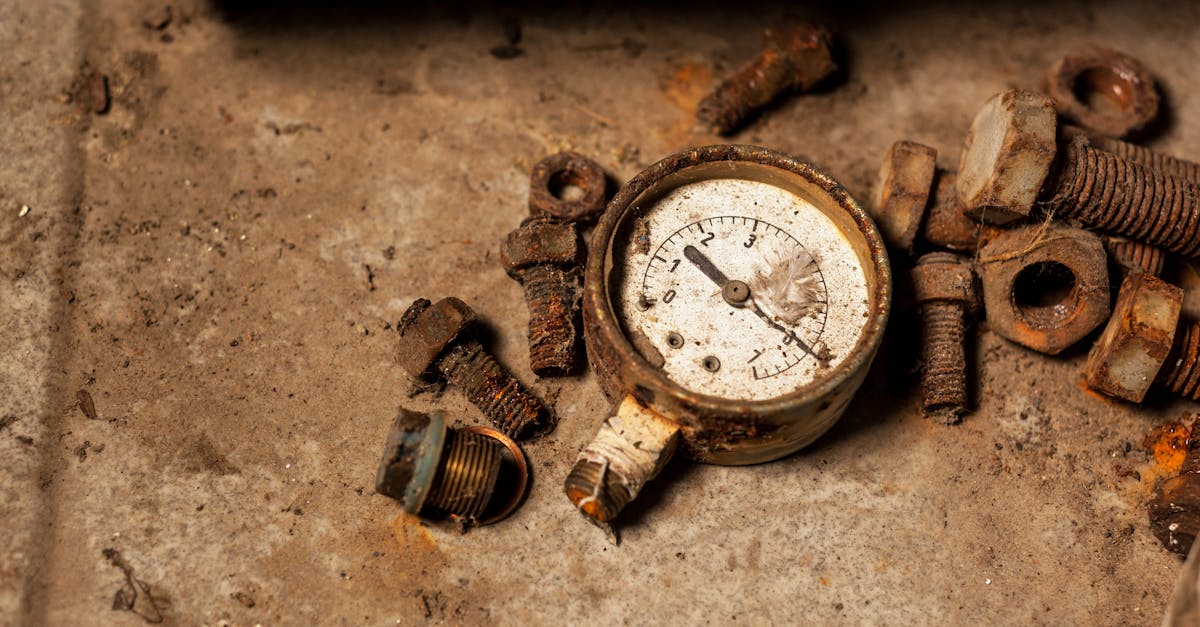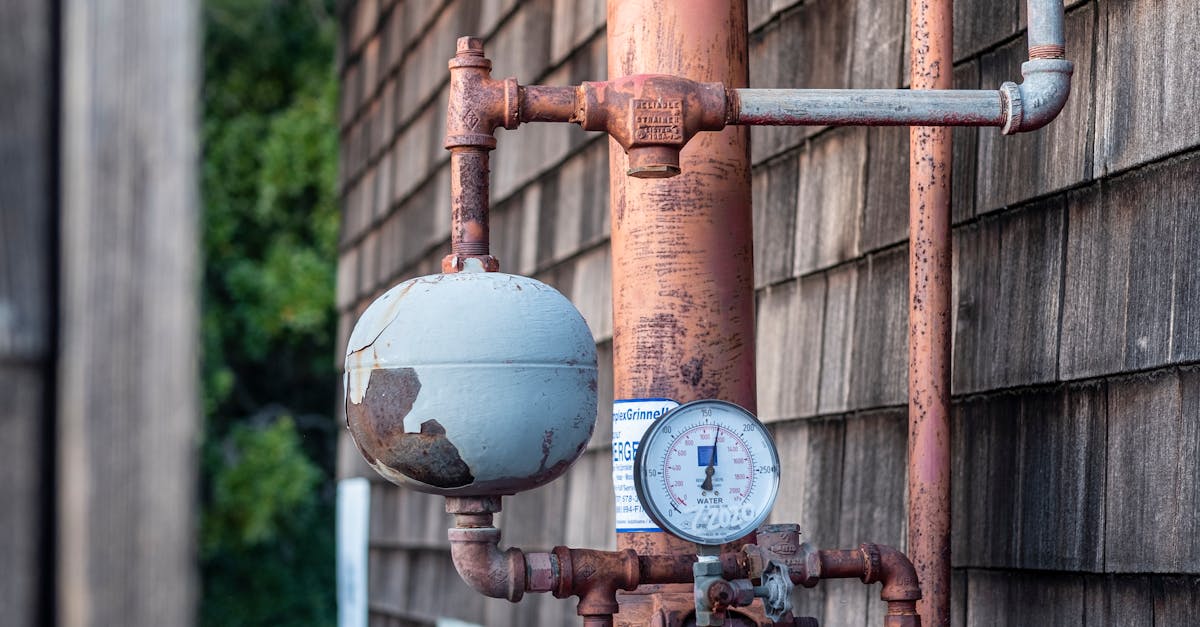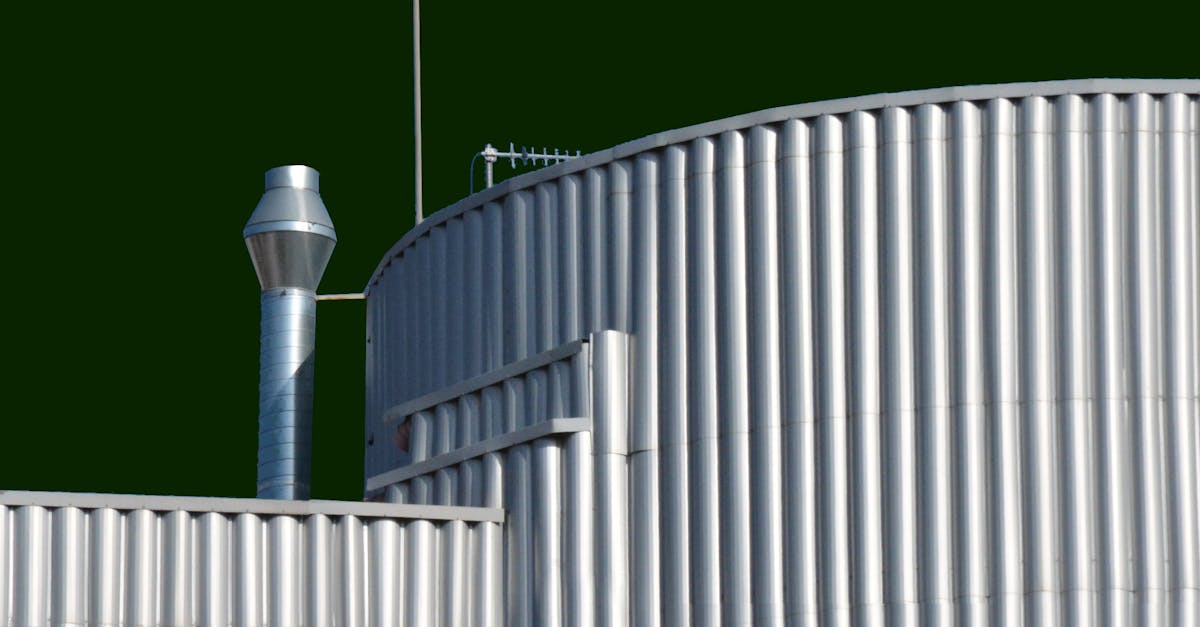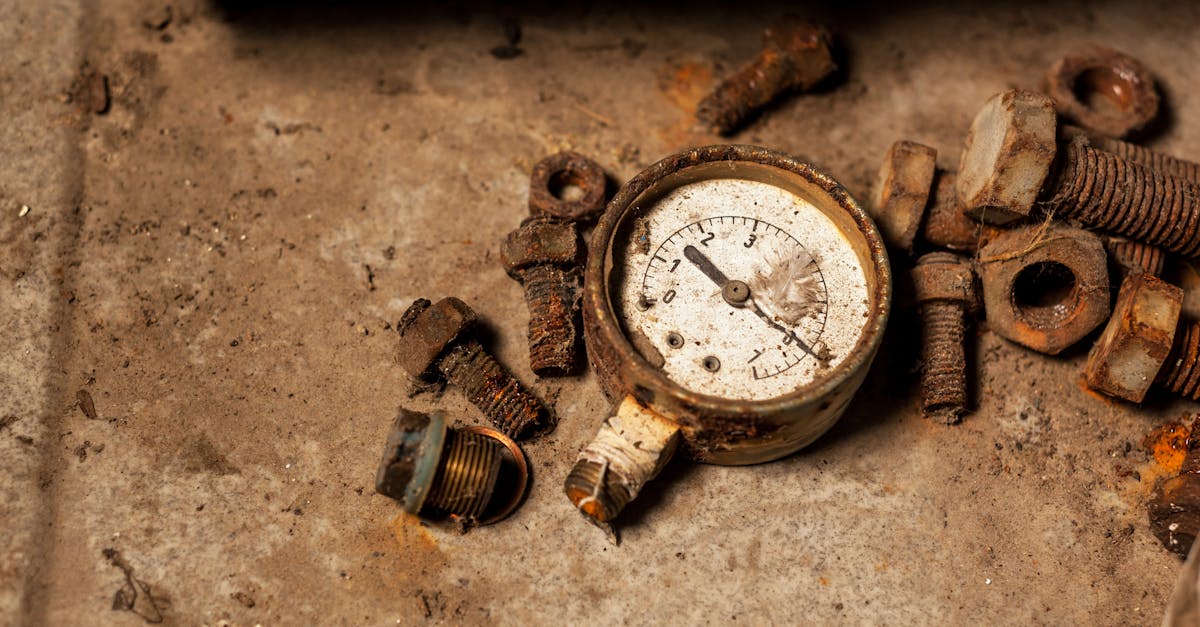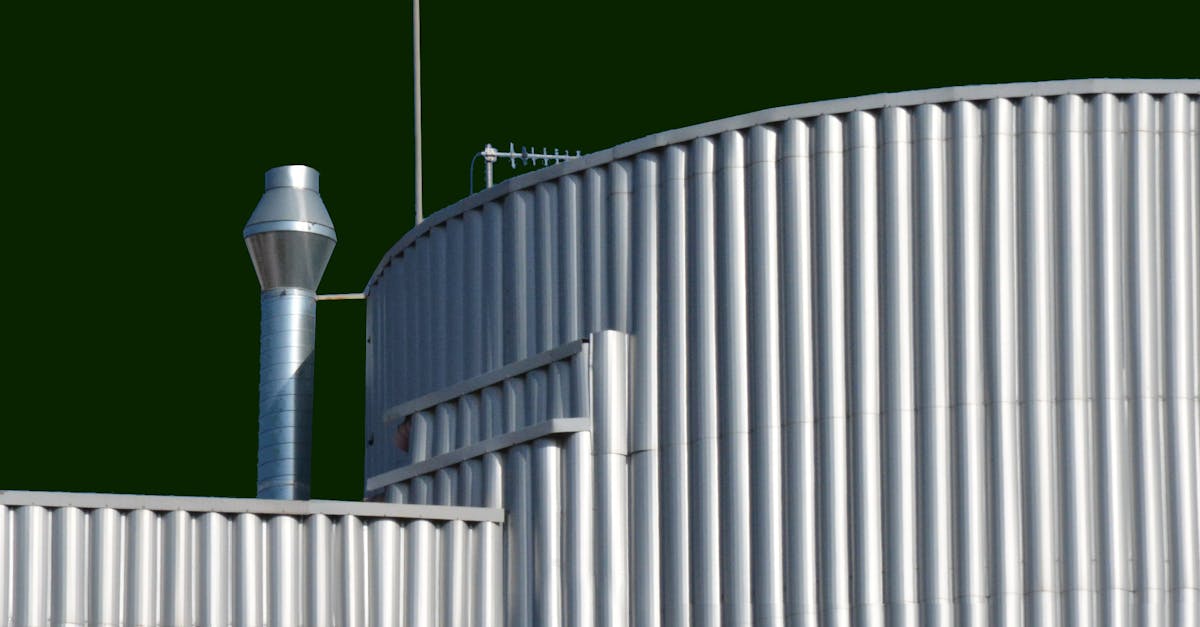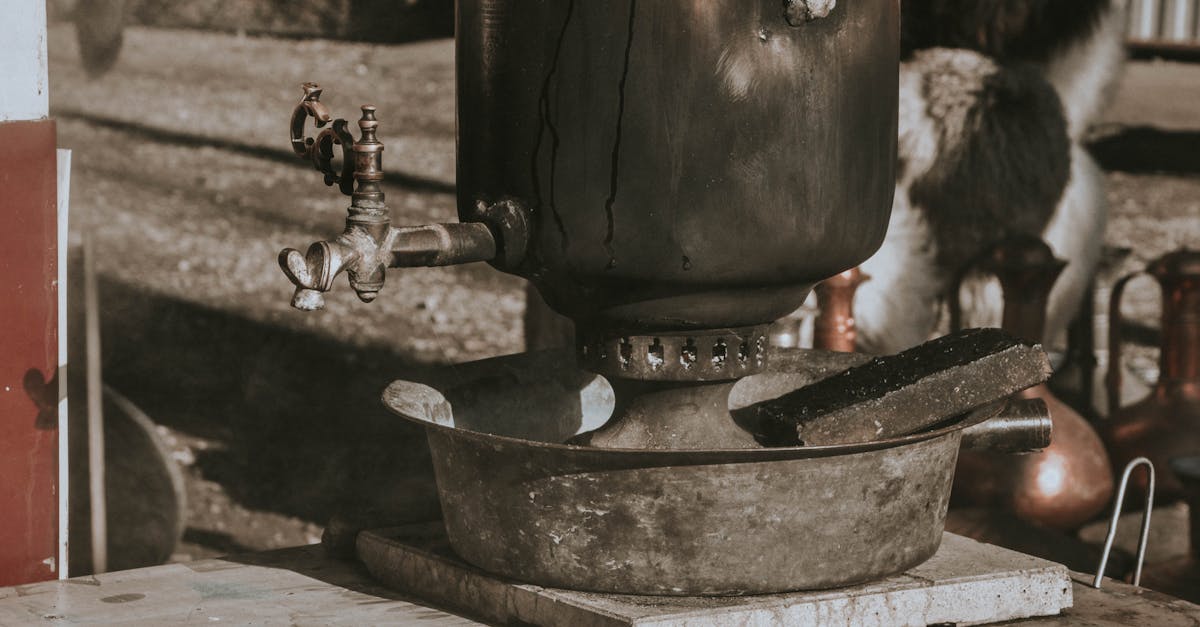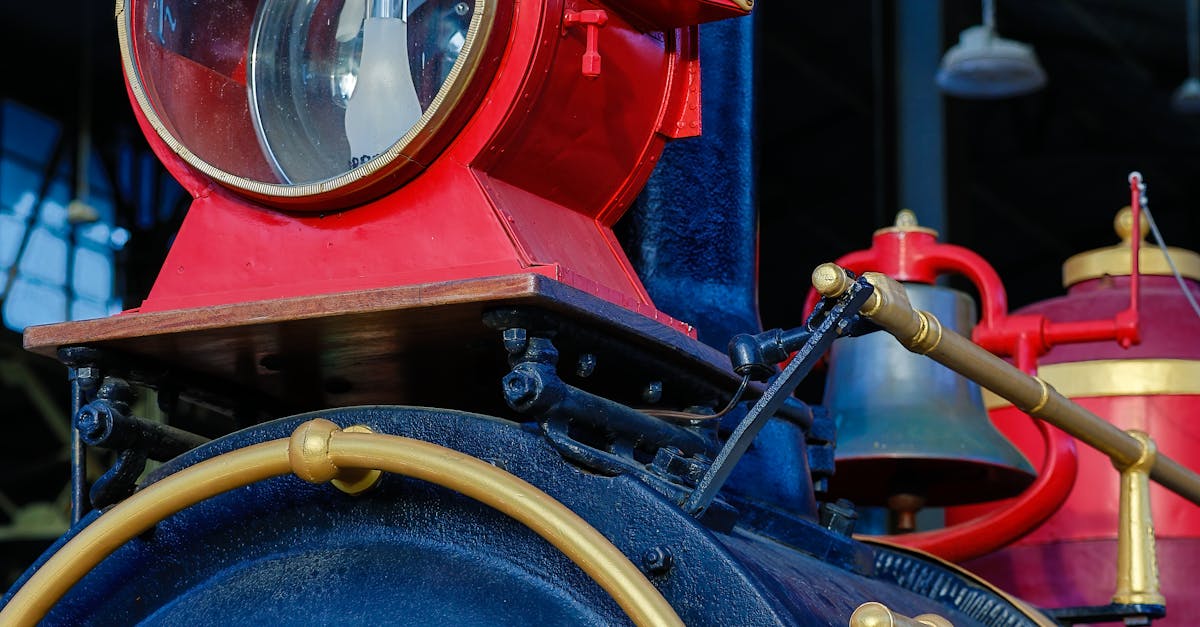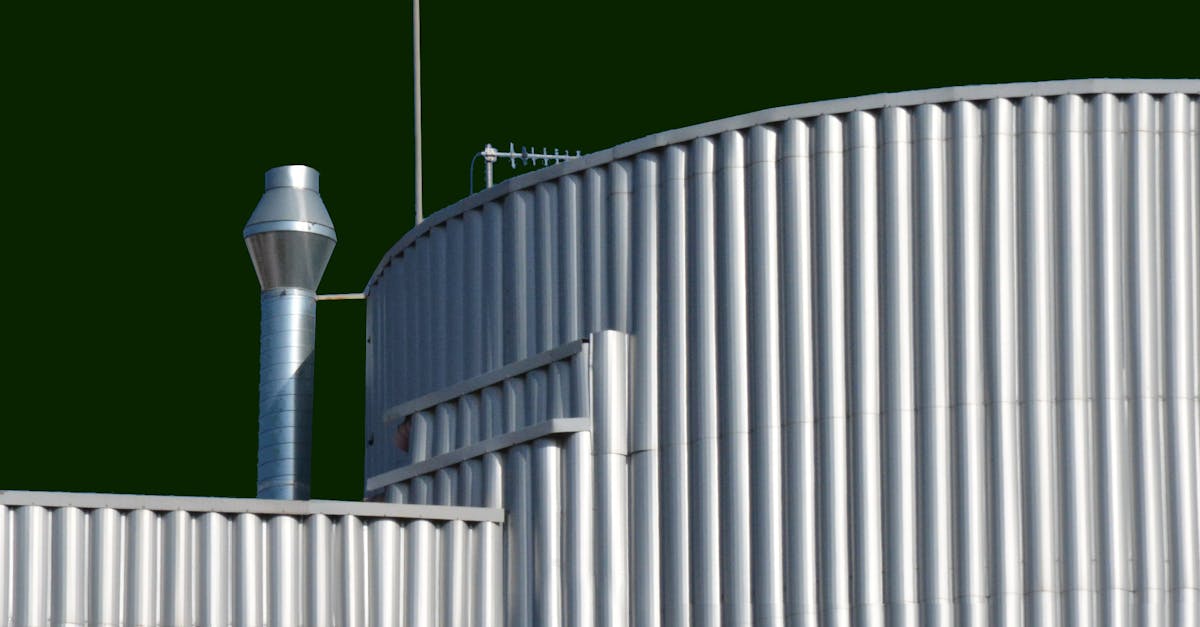- Home
- Top Reads
- The Link Between Proper Maintenance and Warranty Coverage
- Importance of Regular Servicing in Ensuring Warranty Compliance
- How to Identify and Solve Common Boiler Maintenance Problems
- Maximising the Lifespan of Your Boiler through Maintenance
- Benefits of Professional Boiler Maintenance Services
- Common Maintenance Issues and How to Address Them
- Key Factors to Consider When Choosing a Boiler Warranty
- Understanding Boiler Warranty Terms and Conditions
- The Role of Maintenance in Keeping Boiler Efficiency High
- Importance of Regular Maintenance for Boiler Longevity
- Minimising Disruption Costs During Boiler Replacement
- Negotiating Quotes for Boiler Replacement
- Impact of Energy Efficiency on Boiler Replacement Costs
- Financing Options for Boiler Replacement
- Hidden Costs of Boiler Replacement: What to Look Out For
- Comparing Long-Term Costs of Different Boiler Types
- Budgeting for Boiler Replacement: Tips and Guidelines
- Understanding Installation Charges for Boiler Replacement
- Factors Affecting Boiler Replacement Costs
- Cost-Benefit Analysis of Boiler Replacement
- Addressing Water Conservation in Boiler Replacement
- Evaluating the Ecological Footprint of Boiler Installation
- Considerations for Waste Management during Boiler Replacement
- Impact of Boiler Replacement on Local Ecosystem
- Mitigating Noise Pollution during Boiler Installation
- Importance of Sustainable Materials in Boiler Replacement
- Impact of Boiler Installation on Air Quality
- Understanding Carbon Footprint in Boiler Installation and Replacement
- Ways to Minimise Environmental Impact during Boiler Replacement
- Environmental Impact of Boiler Installation and Replacement
- Implementing Energy Efficiency Regulations in Boiler Installation
- Adhering to Energy Efficiency Regulations in Boiler Replacement Projects
- Navigating Energy Efficiency Regulations for Boiler Replacement
- Ensuring Compliance with Energy Efficiency Regulations in Boiler Replacement
- Exploring the Impact of Energy Efficiency Regulations on Boiler Installation
- Meeting Energy Efficiency Regulations in Boiler Replacement
- Key Points of Energy Efficiency Regulations for New Boiler Installation
- Implications of Energy Efficiency Regulations on Boiler Replacement
- Compliance with Energy Efficiency Regulations in Boiler Installation
- Understanding Energy Efficiency Regulations for Boiler Replacement
- The Role of Boiler Efficiency in Environmental Sustainability
- Maximising Energy Savings with High-Efficiency Boilers
- Interpreting Boiler Efficiency Ratings
- Choosing the Right Efficiency Rating for Your Boiler
- Exploring High-Efficiency Boiler Options
- Impact of Boiler Efficiency on Energy Bills
- Factors Affecting Boiler Efficiency Ratings
- Comparing Boiler Efficiency Ratings
- Importance of Energy Efficiency in Boiler Replacement
- Future Maintenance Considerations after Boiler Testing and Commissioning
- Understanding Boiler Efficiency Ratings
- Implementing Quality Control Measures in Boiler Testing and Commissioning
- Optimizing Efficiency through Effective Boiler Testing and Commissioning
- The Role of Professional Engineers in Boiler Testing and Commissioning
- Compliance Standards for Boiler Testing and Commissioning
- Troubleshooting Common Issues in Boiler Testing and Commissioning
- Best Practices for Boiler Testing and Commissioning
- Understanding Safety Checks during Boiler Testing and Commissioning
- Key Steps in Boiler Testing and Commissioning
- Importance of Thorough Testing and Commissioning in Boiler Installation
- Troubleshooting Boiler Mounting and Connection Issues
- Upgrading Boiler Mounting and Connection for Modern Systems
- Optimizing Efficiency through Boiler Mounting and Connection
- Key Components in Boiler Mounting and Connection
- Safety Precautions for Boiler Mounting and Connection
- Importance of Proper Boiler Mounting and Connection
- Common Challenges in Boiler Mounting and Connection
- Step-by-Step Guide to Boiler Mounting and Connection
- Best Practices for Boiler Mounting and Connection
- Understanding Boiler Mounting and Connection
- Evaluating Piping and Ventilation Performance in Boiler Replacement Projects
- Innovations in Piping and Ventilation Systems for Modern Boiler Installations
- Integrating Safety Measures in Piping and Ventilation for Boiler Replacement
- Optimising Piping and Ventilation Layout for Efficient Boiler Installation
- Ensuring Compliance with Regulations in Piping and Ventilation for Boiler Installations
- Common Challenges in Piping and Ventilation Installation for Boiler Replacement
- Key Considerations for Ventilation Design in Boiler Installations
- Best Practices for Piping and Ventilation Installation in Boiler Systems
- Understanding Piping and Ventilation Requirements for Boiler Installations
- Importance of Proper Piping and Ventilation in Boiler Installation
- Sizing and Selecting a Boiler for Retrofit Projects
- Assessing the Load Requirements for Boiler Sizing
- Selecting the Right Boiler for Replacement
- Matching Boiler Capacity to Heating Demand
- Efficiency Considerations in Boiler Sizing
- Calculating the Correct Boiler Size for a Property
- Understanding Boiler Sizing and Output
- Factors to Consider When Sizing a Boiler
- Importance of Proper Boiler Selection
- Types of Boilers for Different Applications
- Impact of Site Assessment on Boiler Installation Efficiency
- Role of Site Assessment in Boiler Replacement
- Site Inspection Best Practices for Boiler Installation
- Safety Precautions During Site Inspection
- Environmental Considerations in Site Inspection
- Common Challenges Encountered During Site Assessment
- Site Assessment Checklist for Boiler Installation
- Understanding Building Regulations for Site Inspection
- Key Factors to Consider During a Site Inspection
- Importance of Site Inspection for Boiler Installation
- Integrating Biomass Boilers into Existing Heating Systems
- Biomass Boilers: Comparing Different Models and Brands
- Biomass Boiler Regulations and Compliance Guidelines
- Financial Incentives for Biomass Boiler Installation
- Biomass Boiler Fuel Options: What You Need to Know
- Exploring the Efficiency of Biomass Boilers
- The Environmental Impact of Biomass Boilers
- Biomass Boilers: Installation and Maintenance Considerations
- Pros and Cons of Biomass Boilers for Homeowners
- Understanding Biomass Boilers: A Comprehensive Guide
- Common Issues with Condensing Boilers
- Environmental Benefits of Condensing Boilers
- Choosing the Right Condensing Boiler for Your Home
- Energy Efficiency of Condensing Boilers
- Upgrading to a Condensing Boiler
- Maintenance Tips for Condensing Boilers
- Installation Process for Condensing Boilers
- Comparing Condensing Boilers with Traditional Boilers
- How Condensing Boilers Work
- Advantages of Condensing Boilers
- Comparing Regular Boilers with Other Types of Boilers
- Regular Boilers: Installation and Replacement Considerations
- Choosing the Right Size Regular Boiler for Your Home
- Retrofitting Older Properties with Regular Boilers: Best Practices
- Exploring the Efficiency of Regular Boilers
- The Role of Regular Boilers in Traditional Heating Systems
- Regular Boilers: Maintenance and Servicing Essentials
- Key Considerations for Upgrading to a Regular Boiler
- Pros and Cons of Regular Boilers in Home Heating Systems
- Understanding Regular Boilers: A Comprehensive Guide
- Exploring the Cost Factors of System Boiler Installation
- System Boilers: Suitable Applications and Limitations
- Energy Efficiency of System Boilers
- Comparing System Boilers with Other Types of Boilers
- Upgrading to a System Boiler: Things to Consider
- Maintenance Tips for System Boilers
- How to Select the Right System Boiler for Your Property
- Installation Process for System Boilers
- Advantages and Disadvantages of System Boilers
- Understanding the Functionality of System Boilers
- Environmental Impact of Combi Boilers and Sustainable Practices
- Maintaining and Servicing Combi Boilers: A Comprehensive Guide
- Comparing Combi Boilers with Other Types of Boilers
- The Efficiency of Combi Boilers in Providing Hot Water
- Upgrading to a Combi Boiler: What You Need to Know
- Common Issues with Combi Boilers and How to Fix Them
- Choosing the Right Combi Boiler for Your Home
- Installation Process of Combi Boilers Explained
- Understanding the Functionality of Combi Boilers
- Advantages of Combi Boilers for Small Properties
Corstorphine Gas Services
100F Saughton Road North
Corstorphine
Edinburgh
EH12 7JN
Tel: 07436919048

